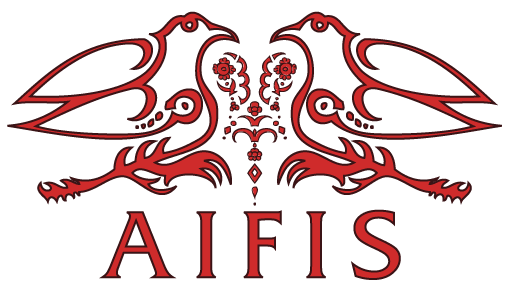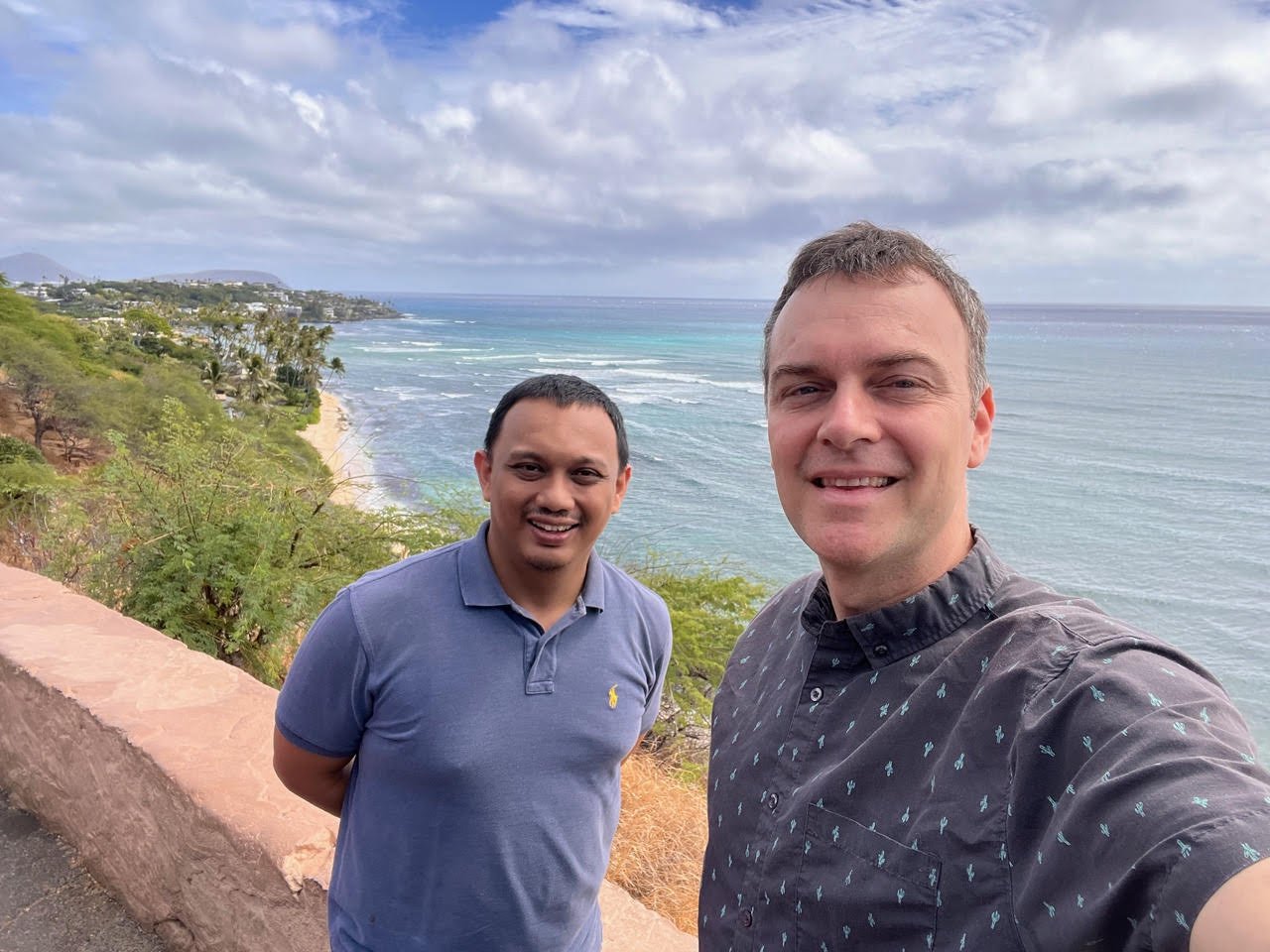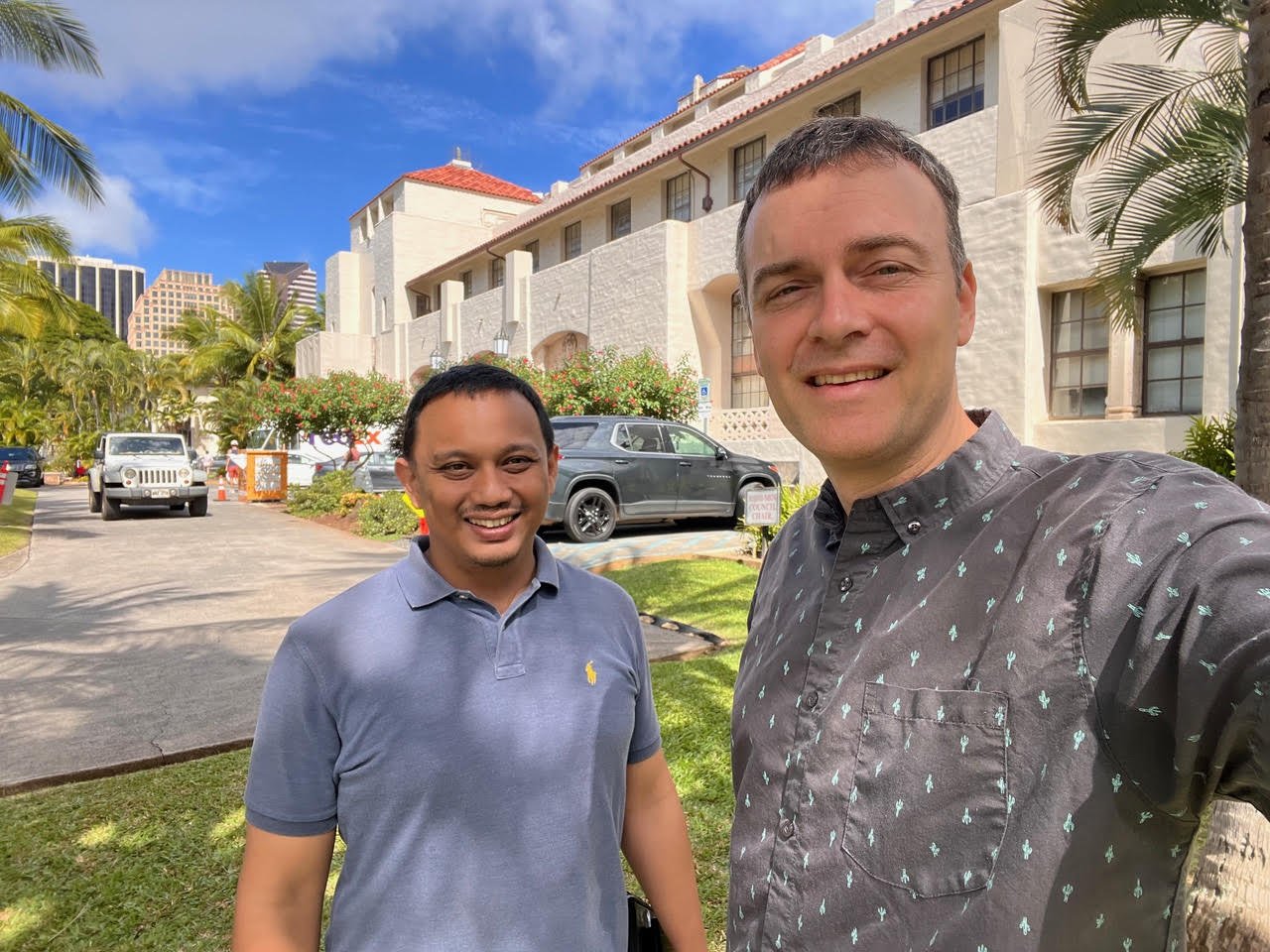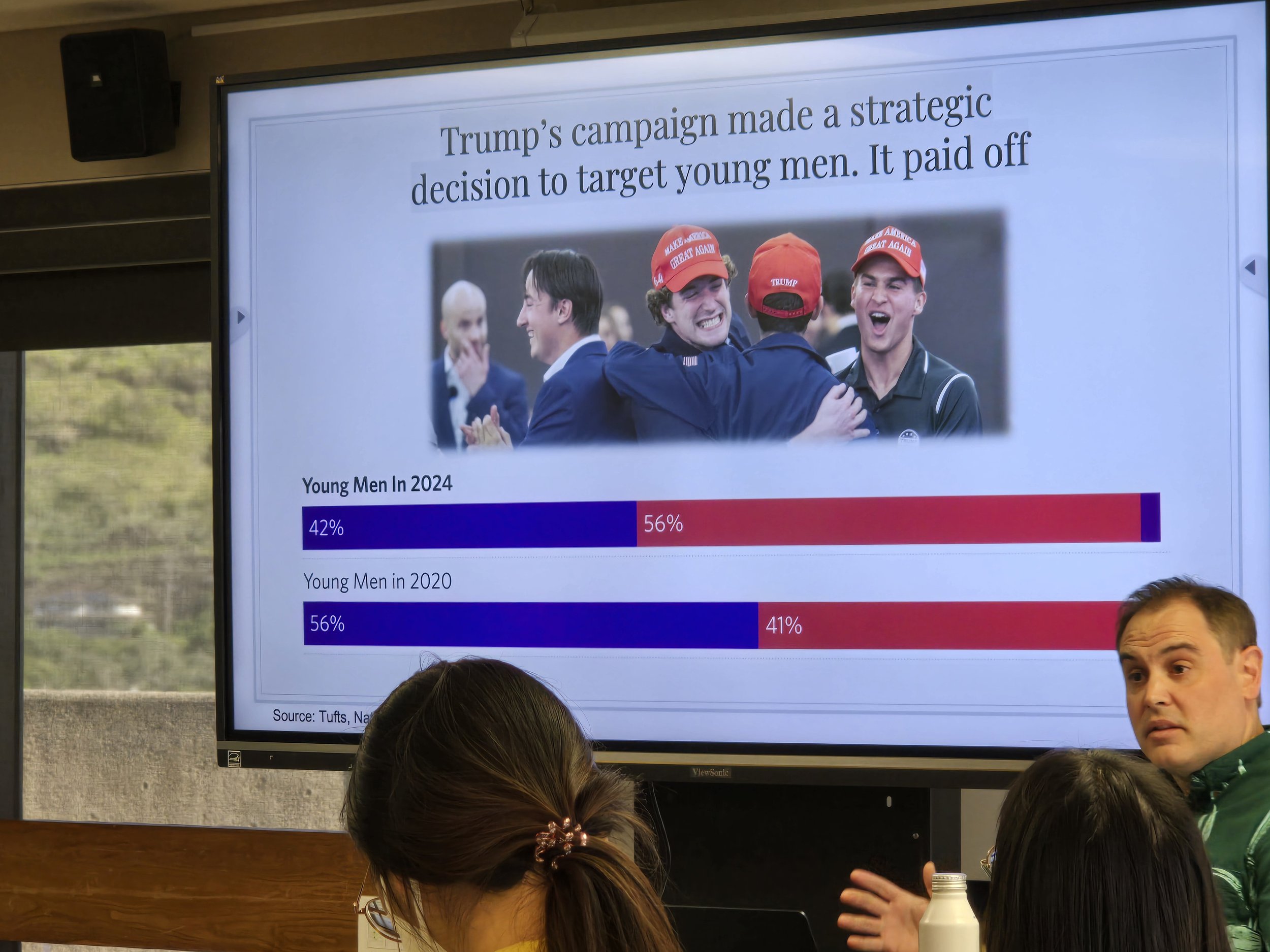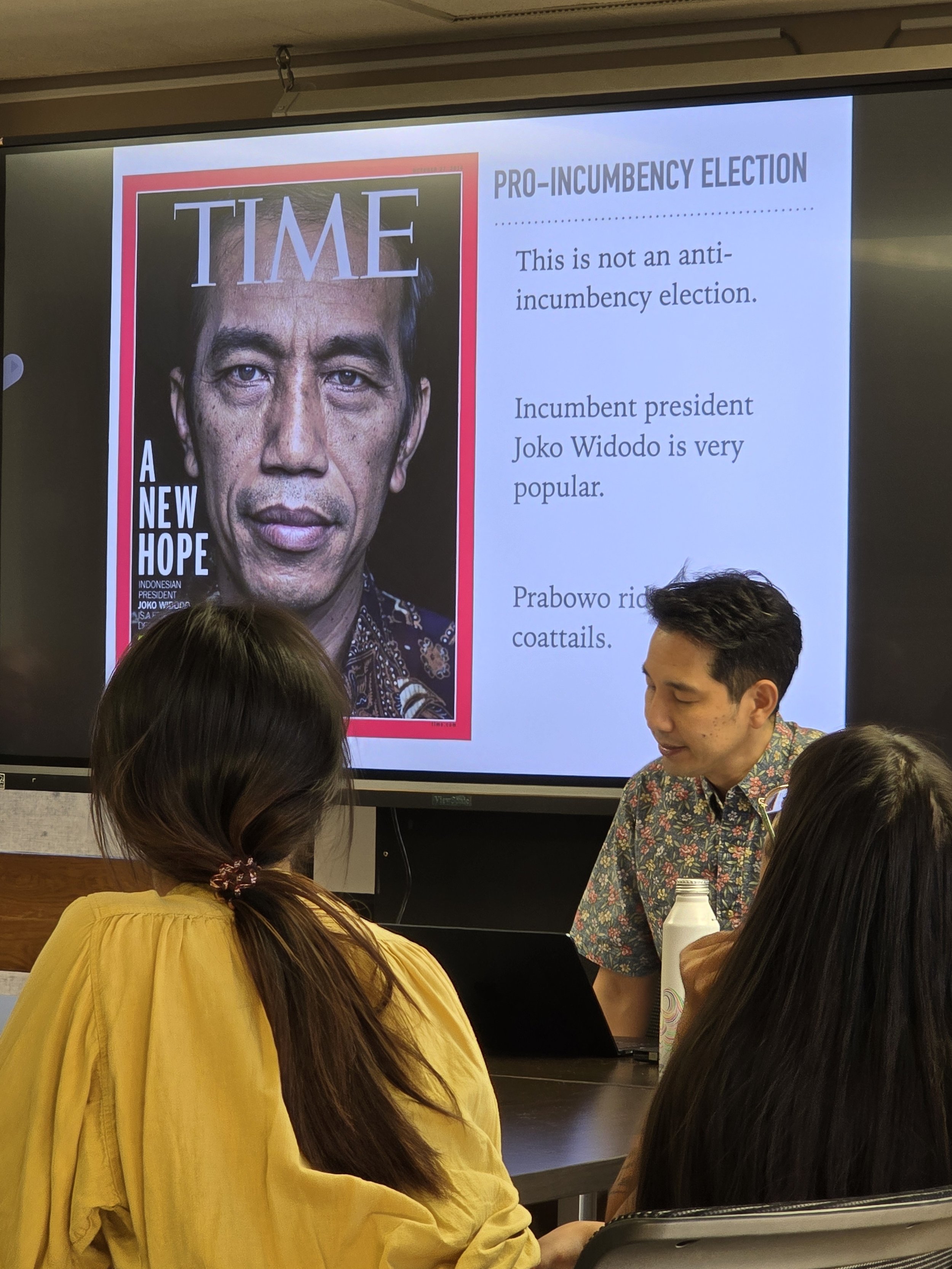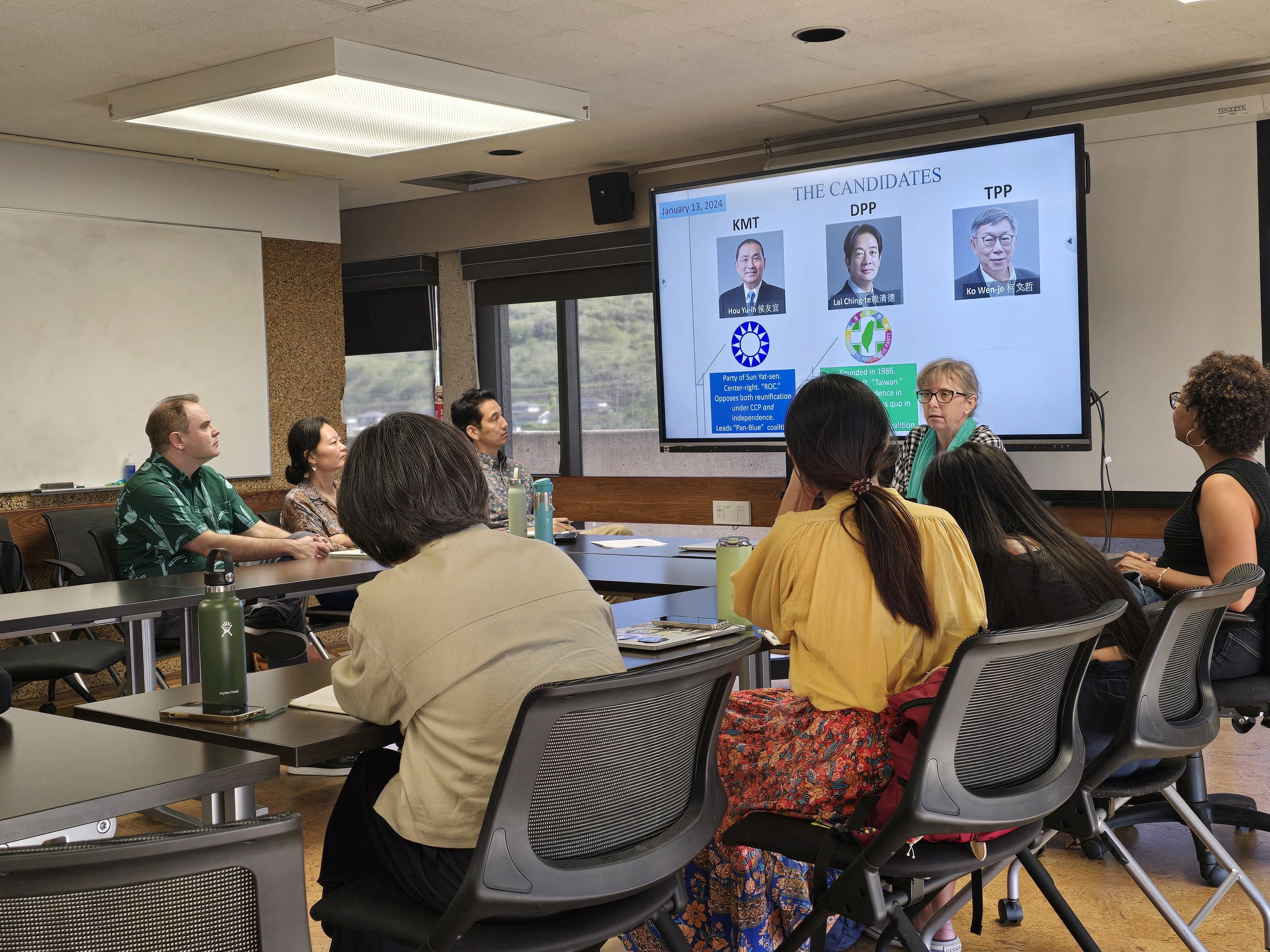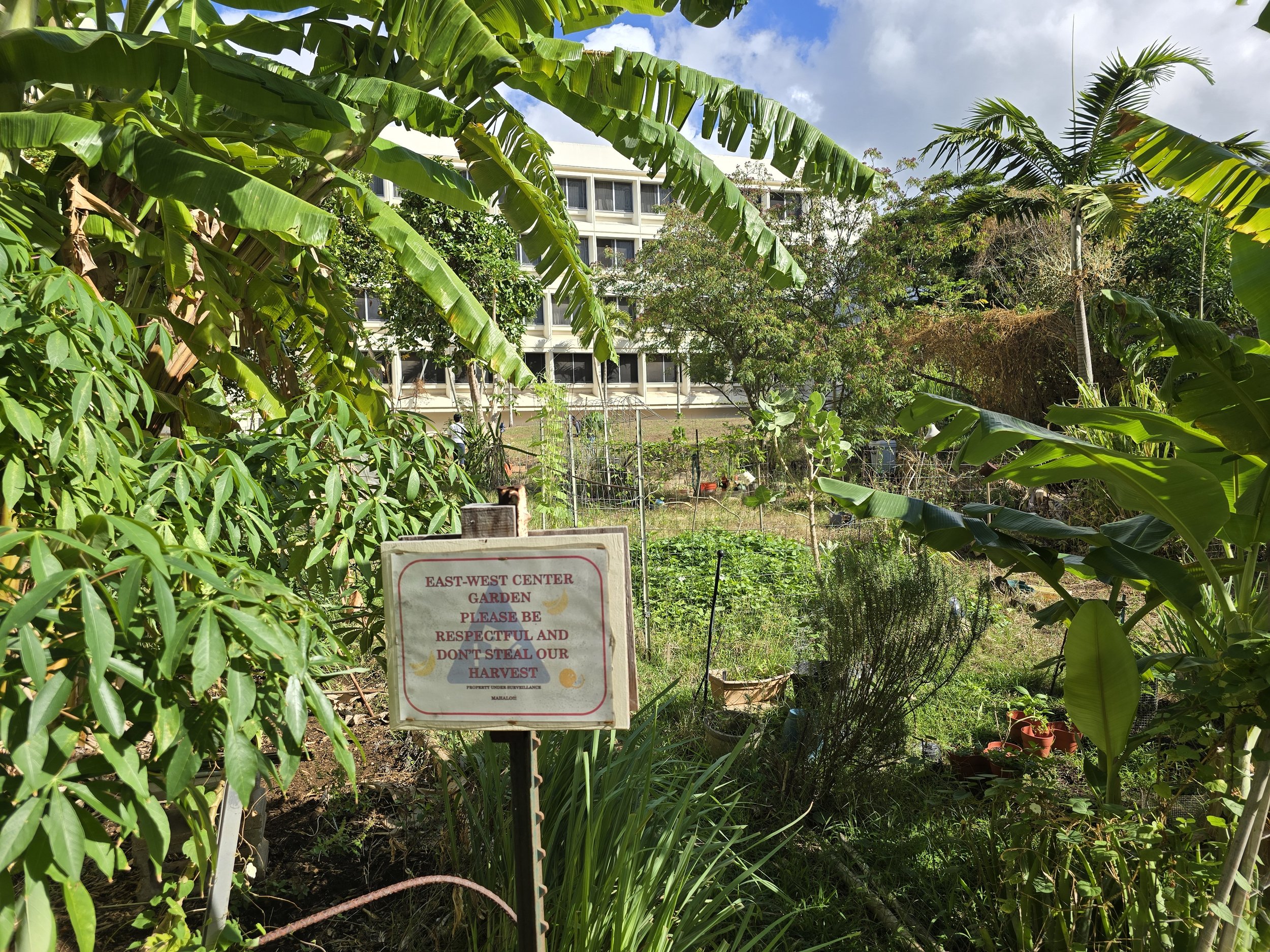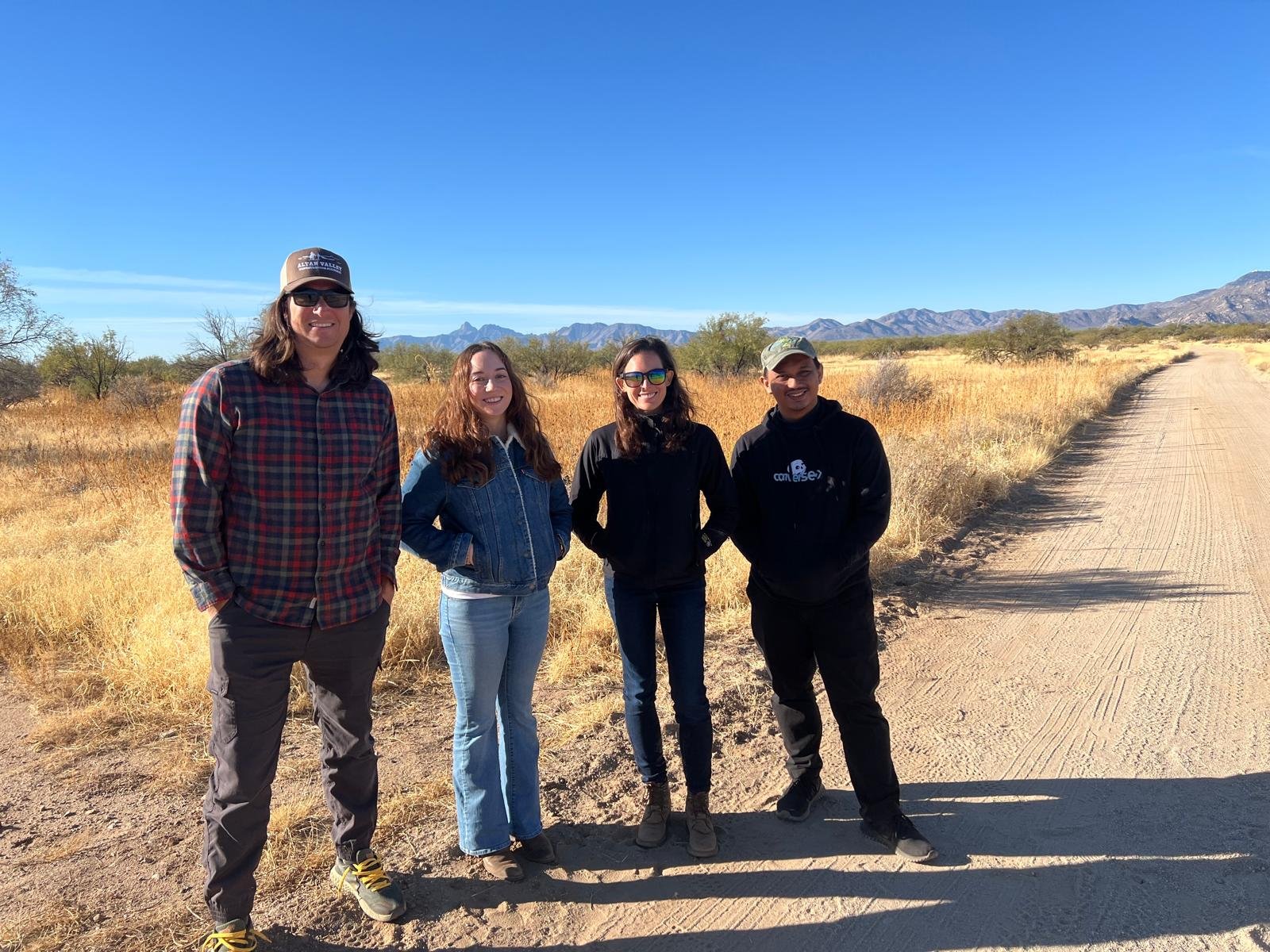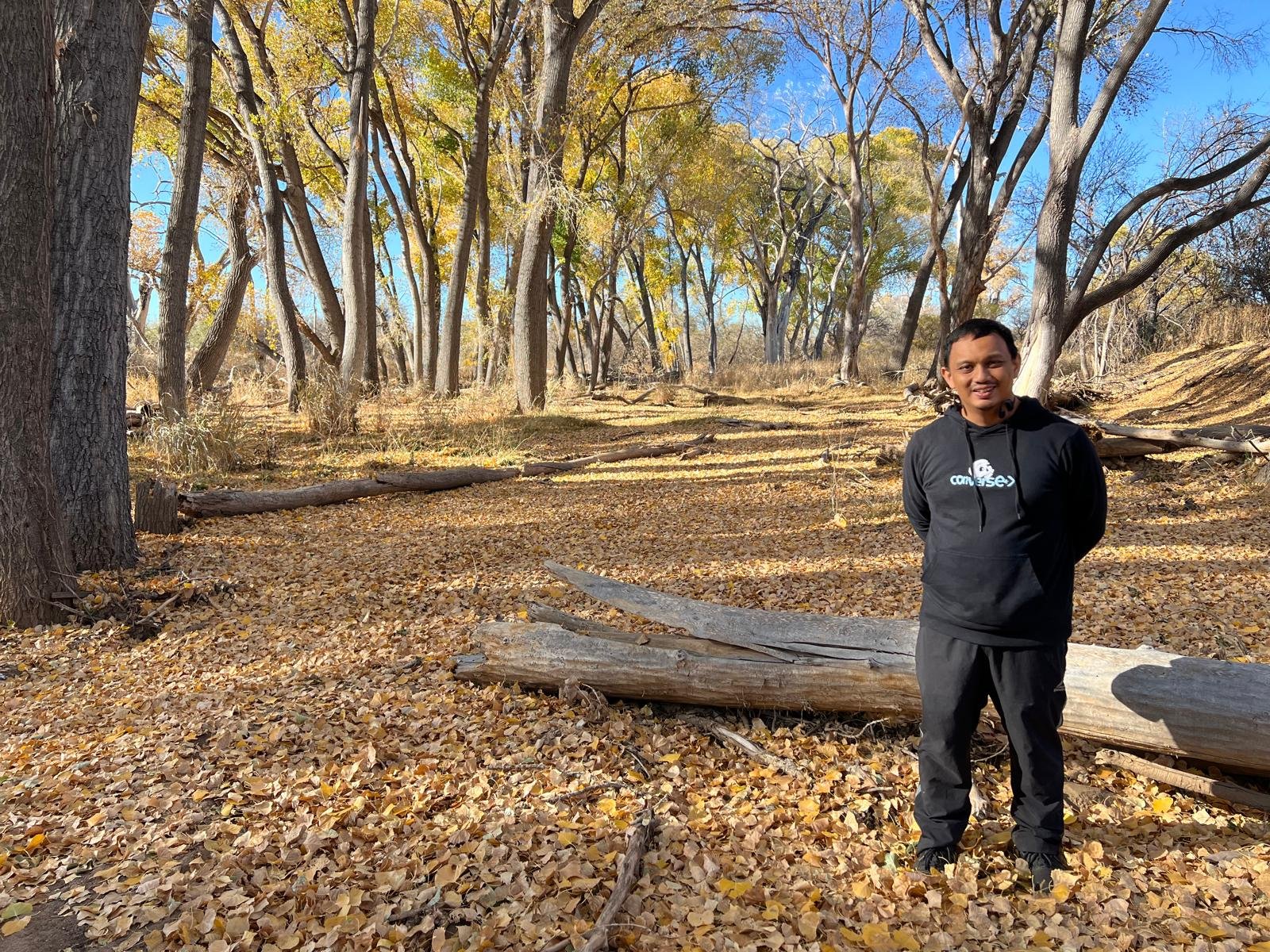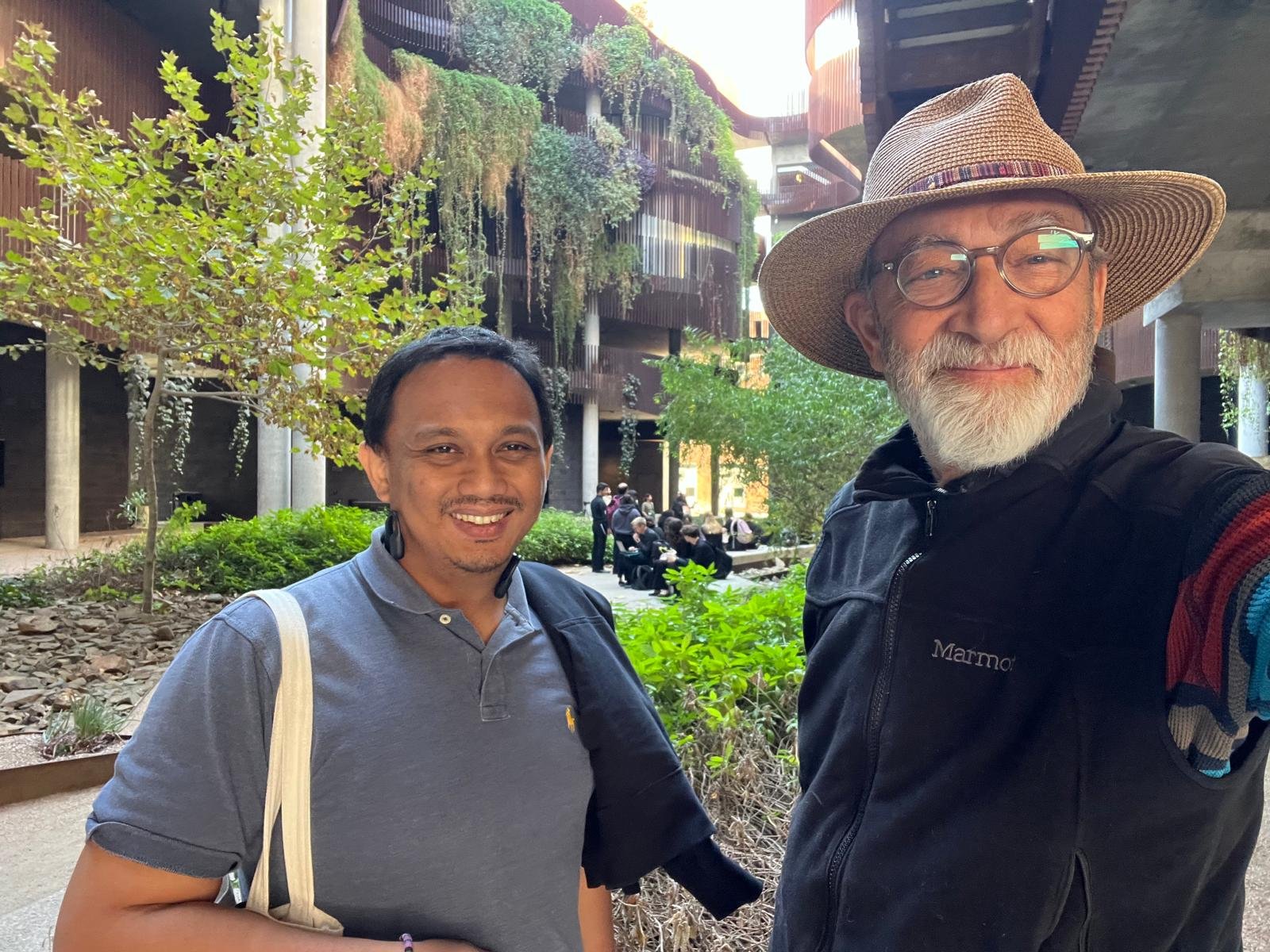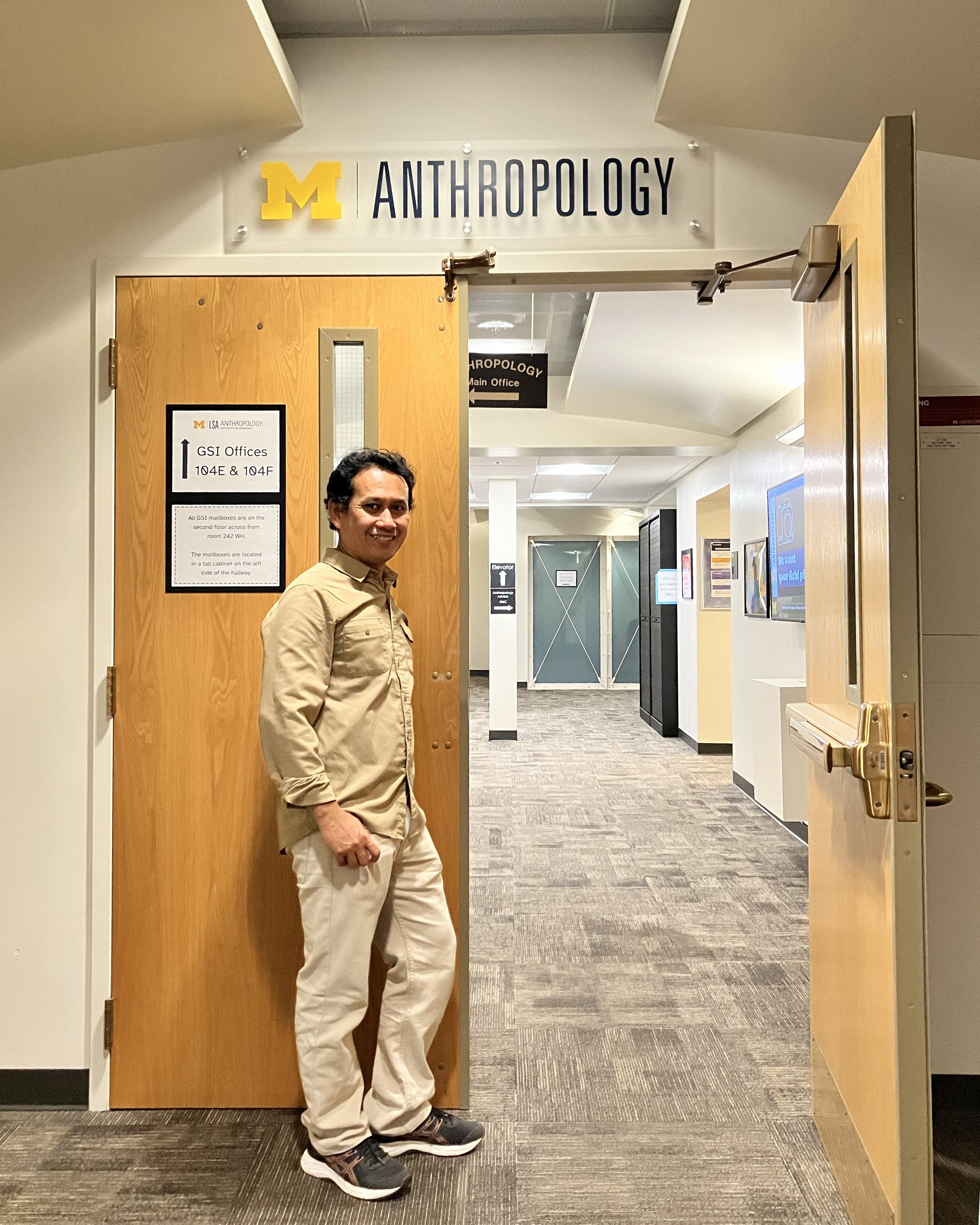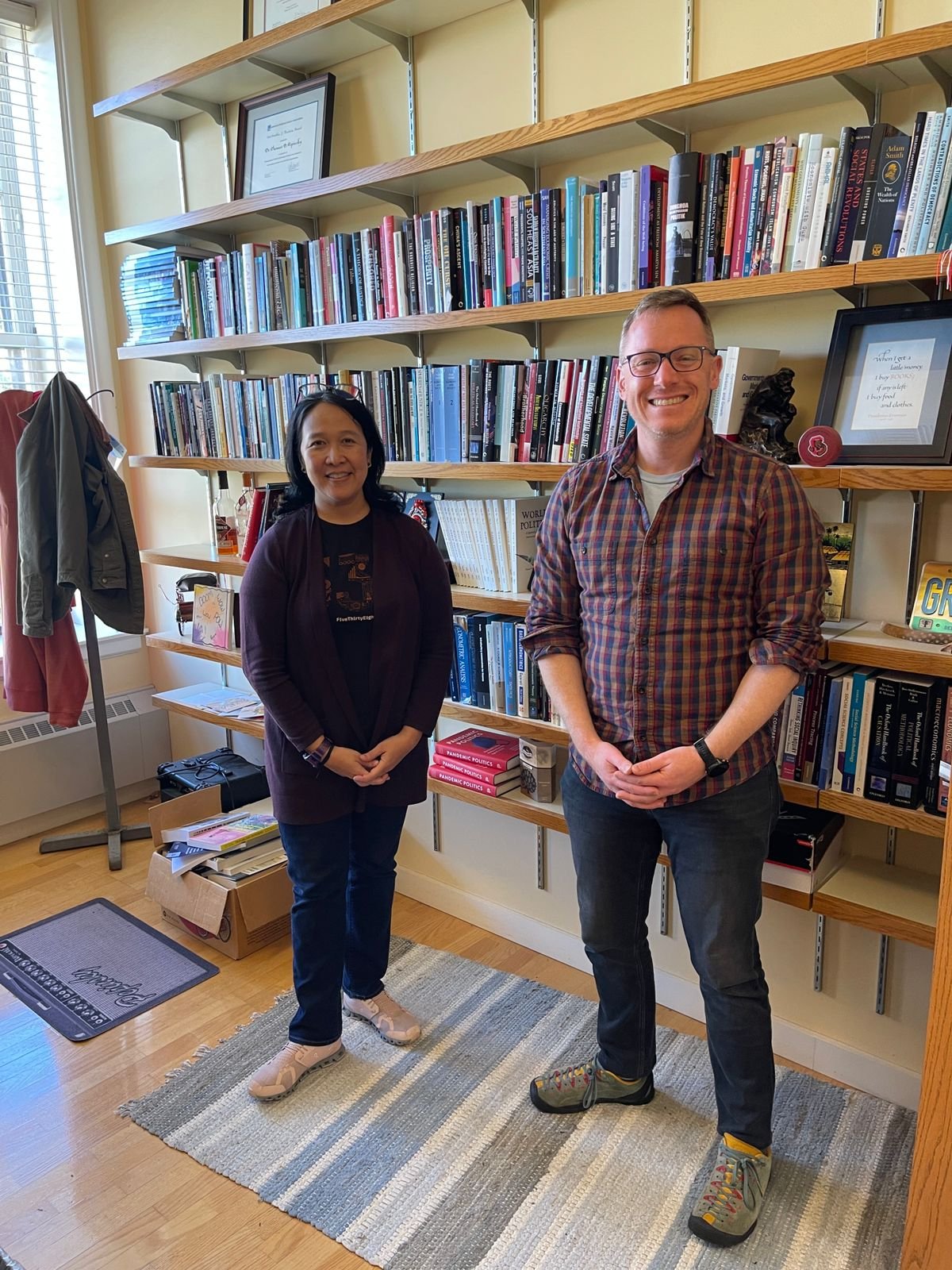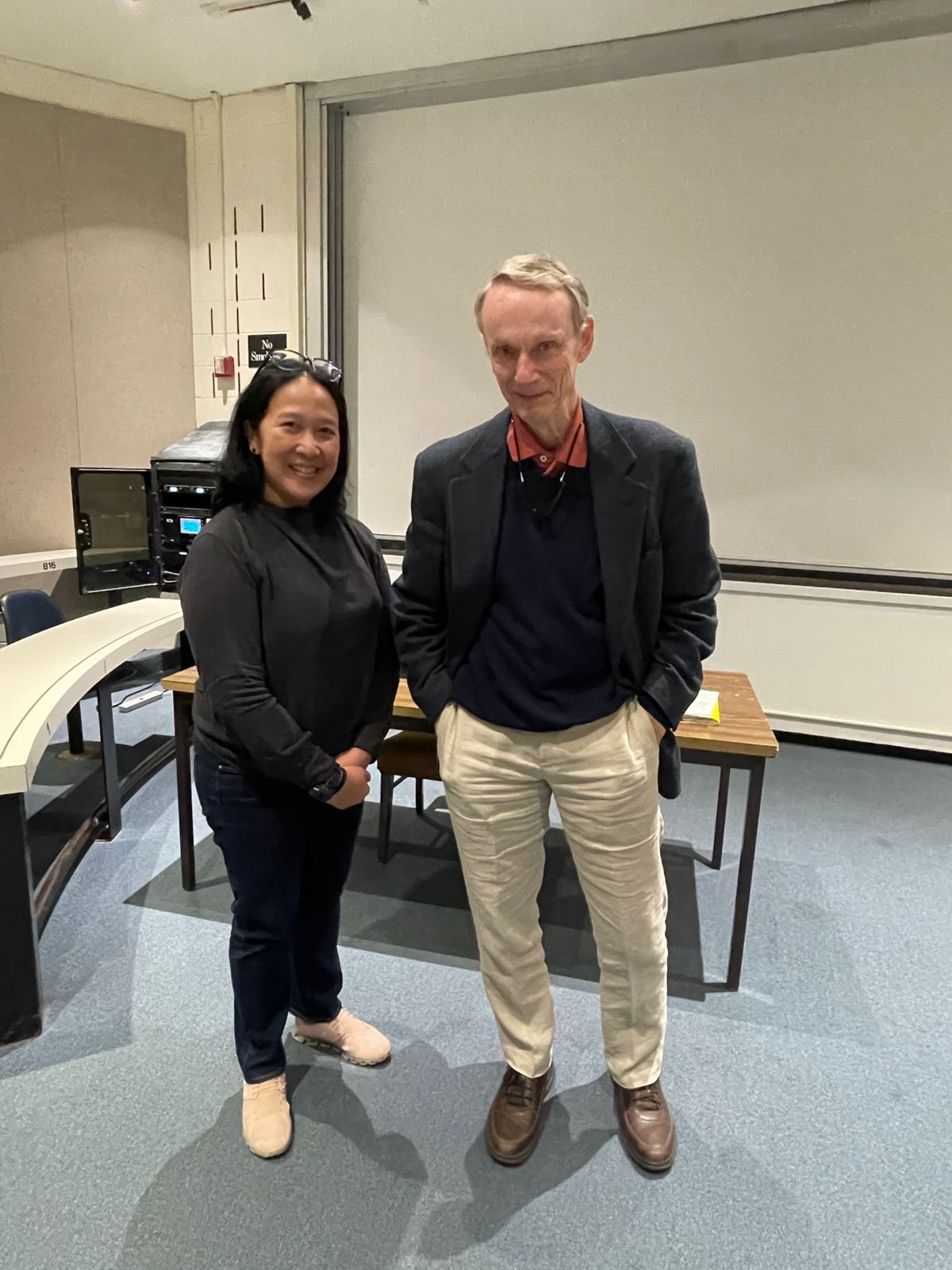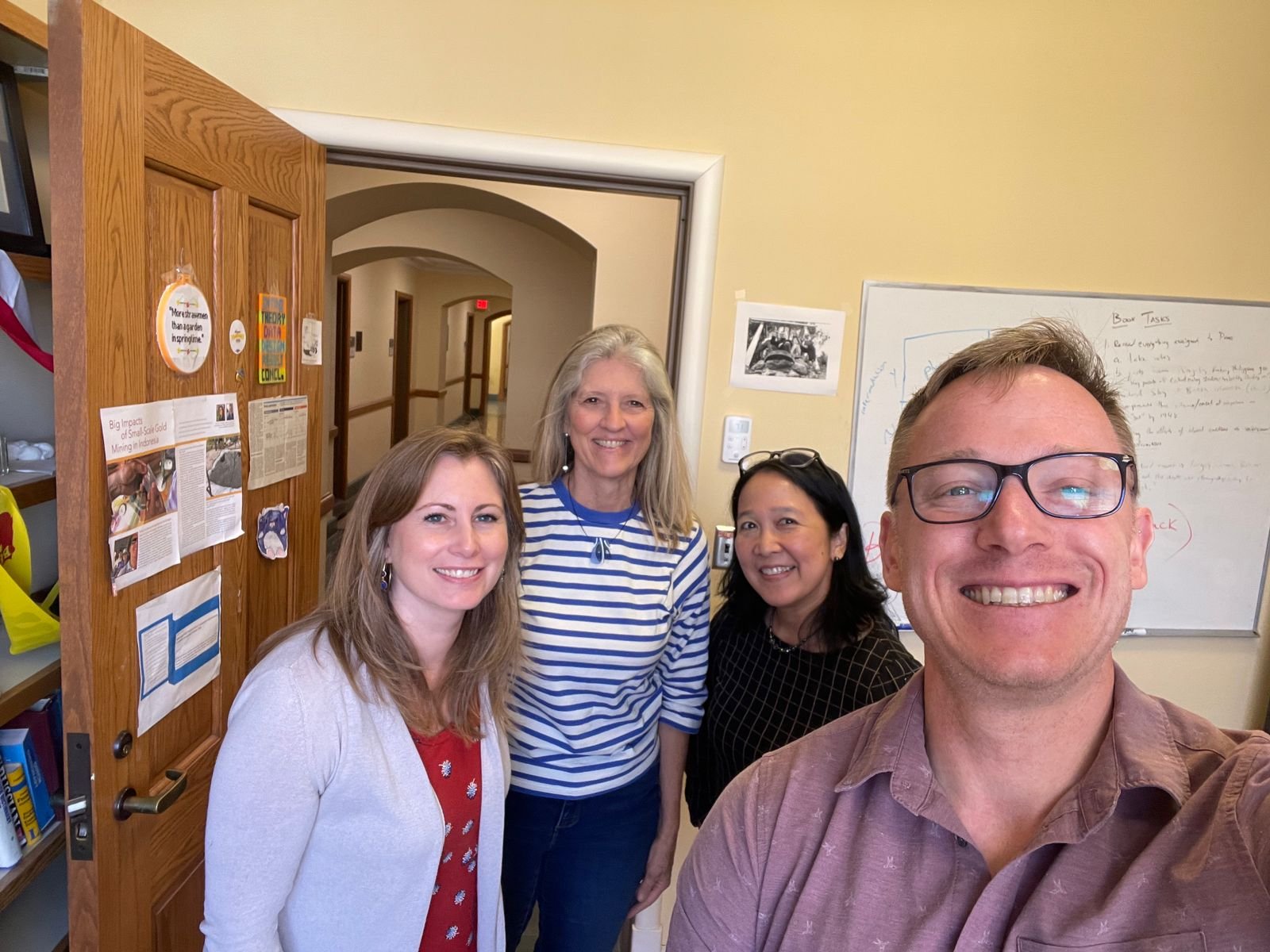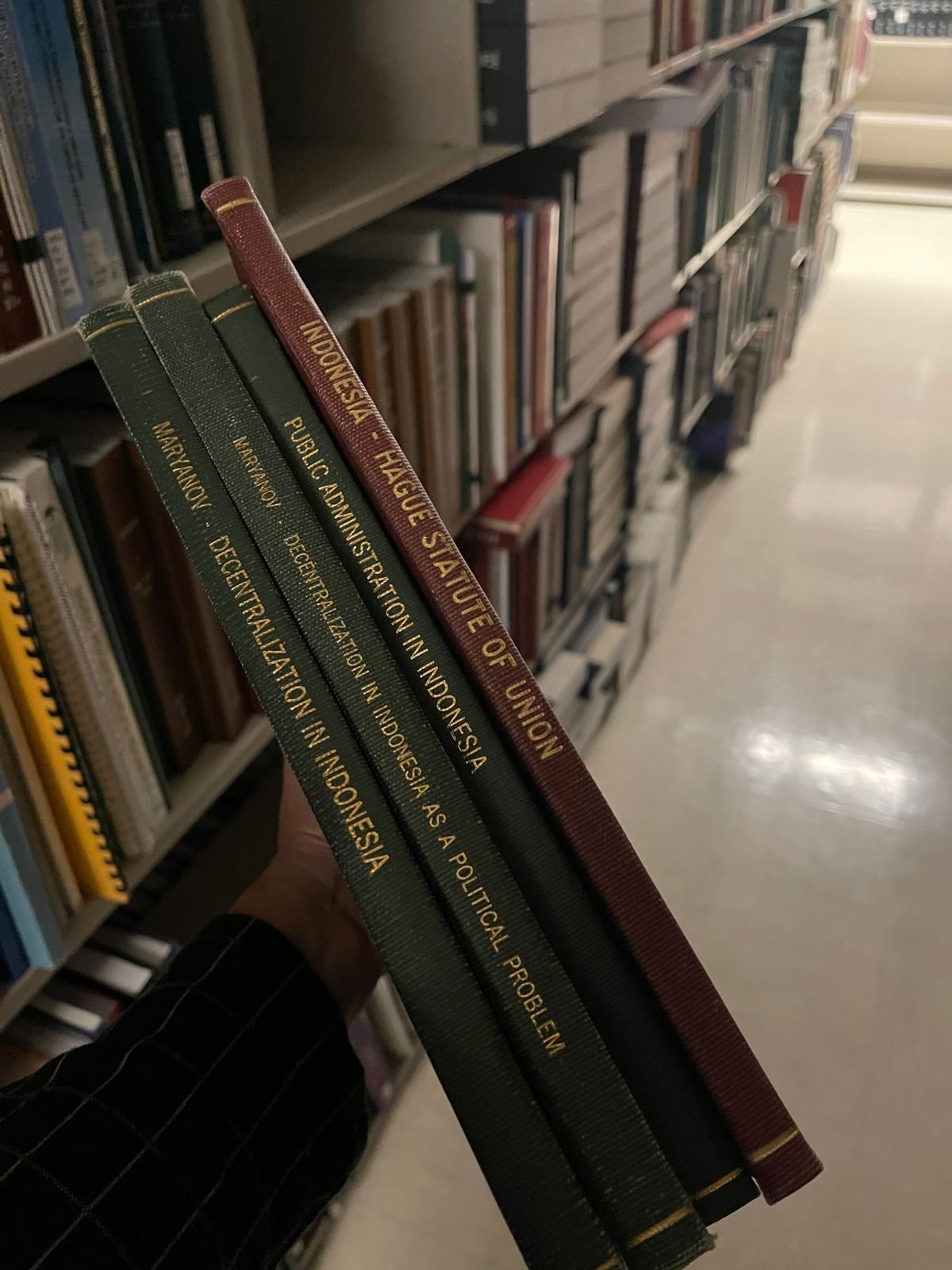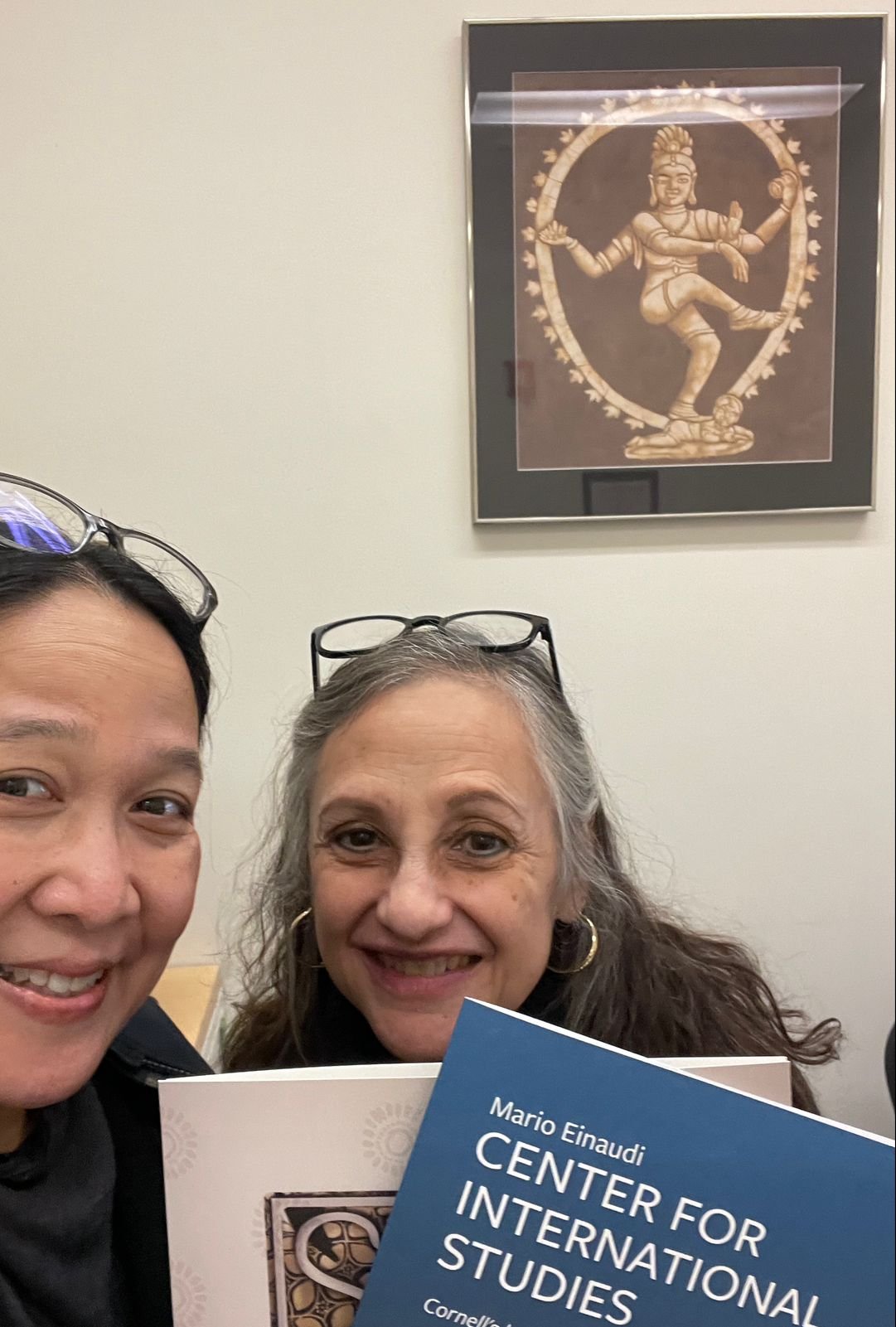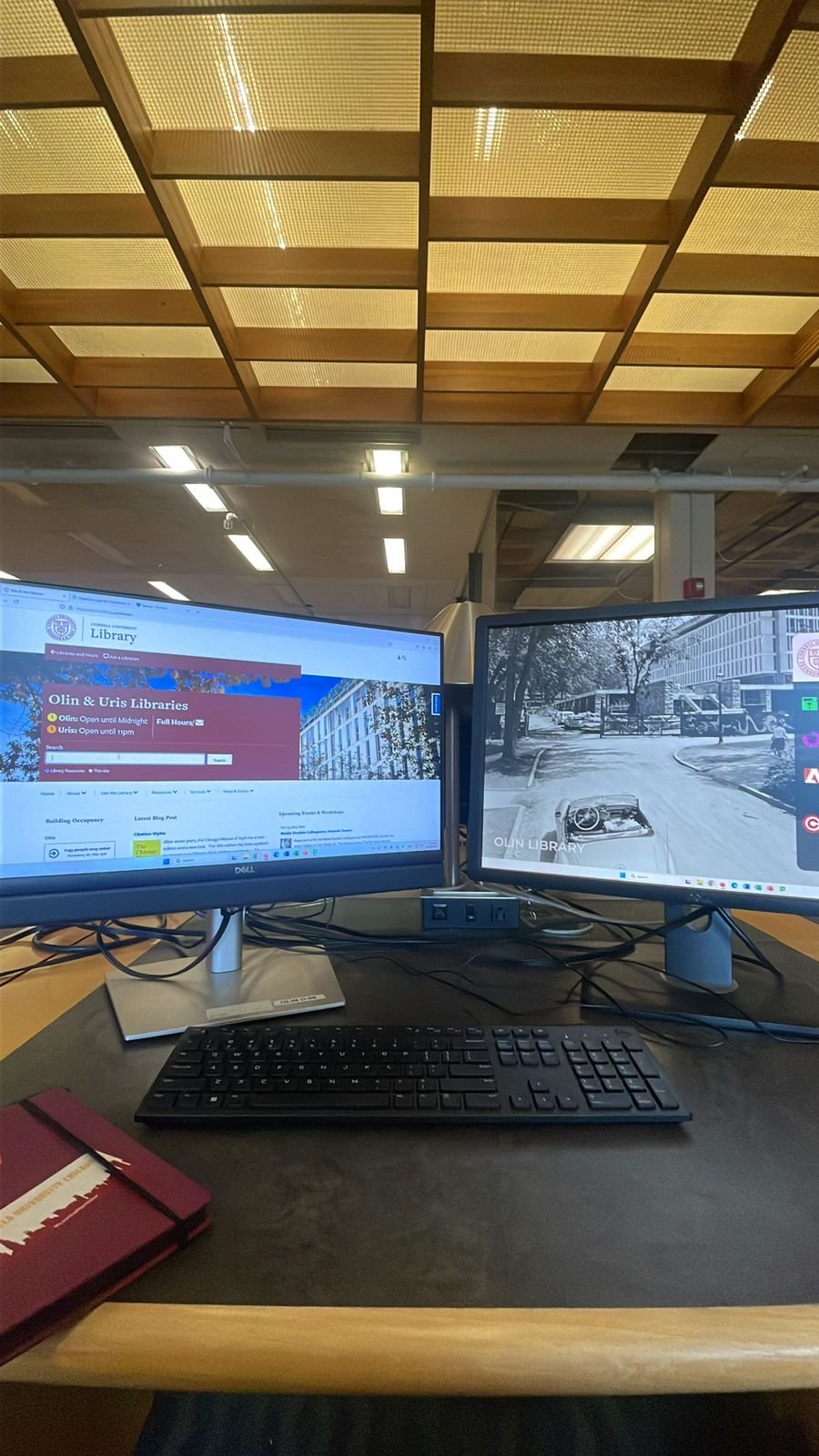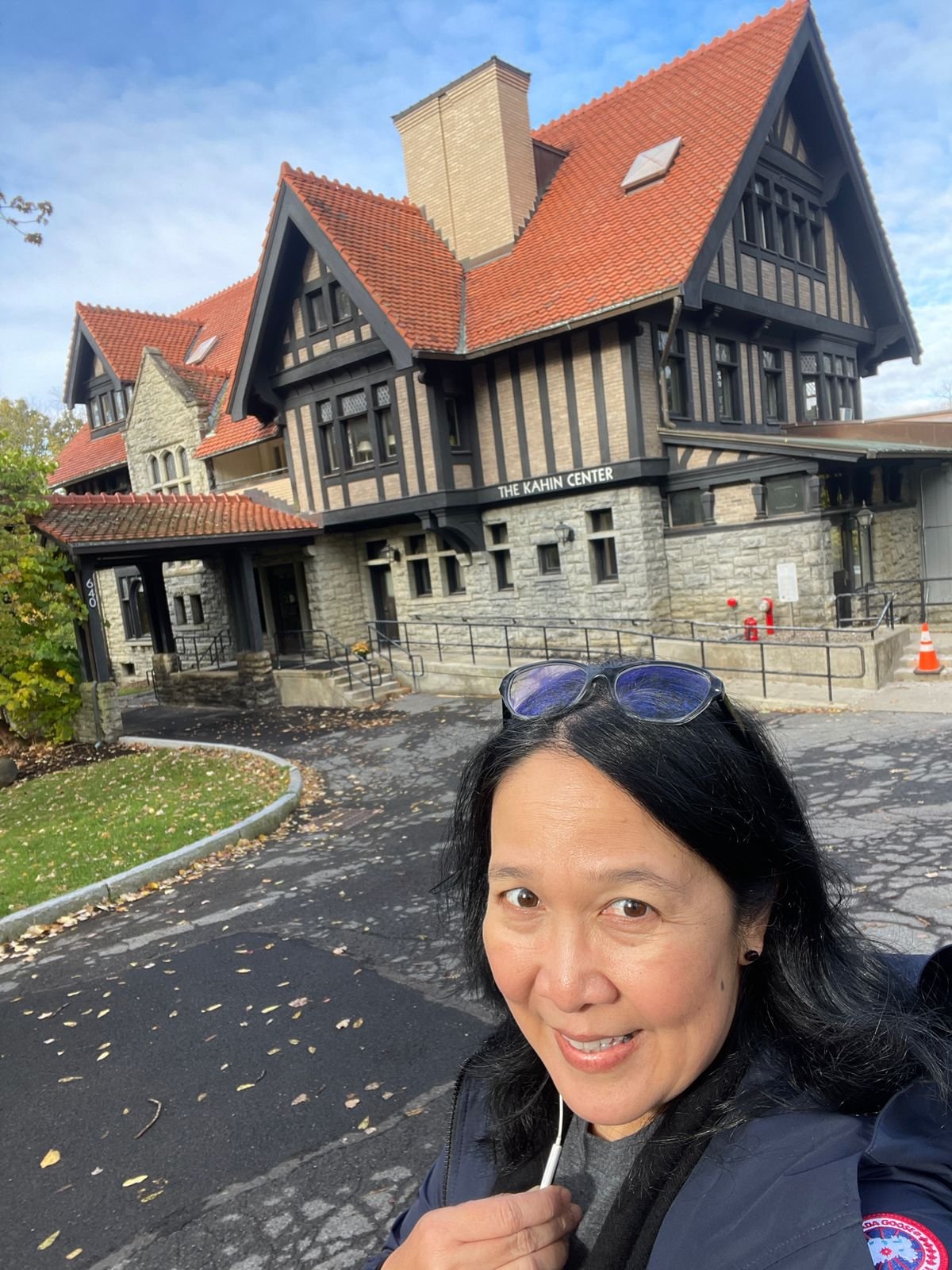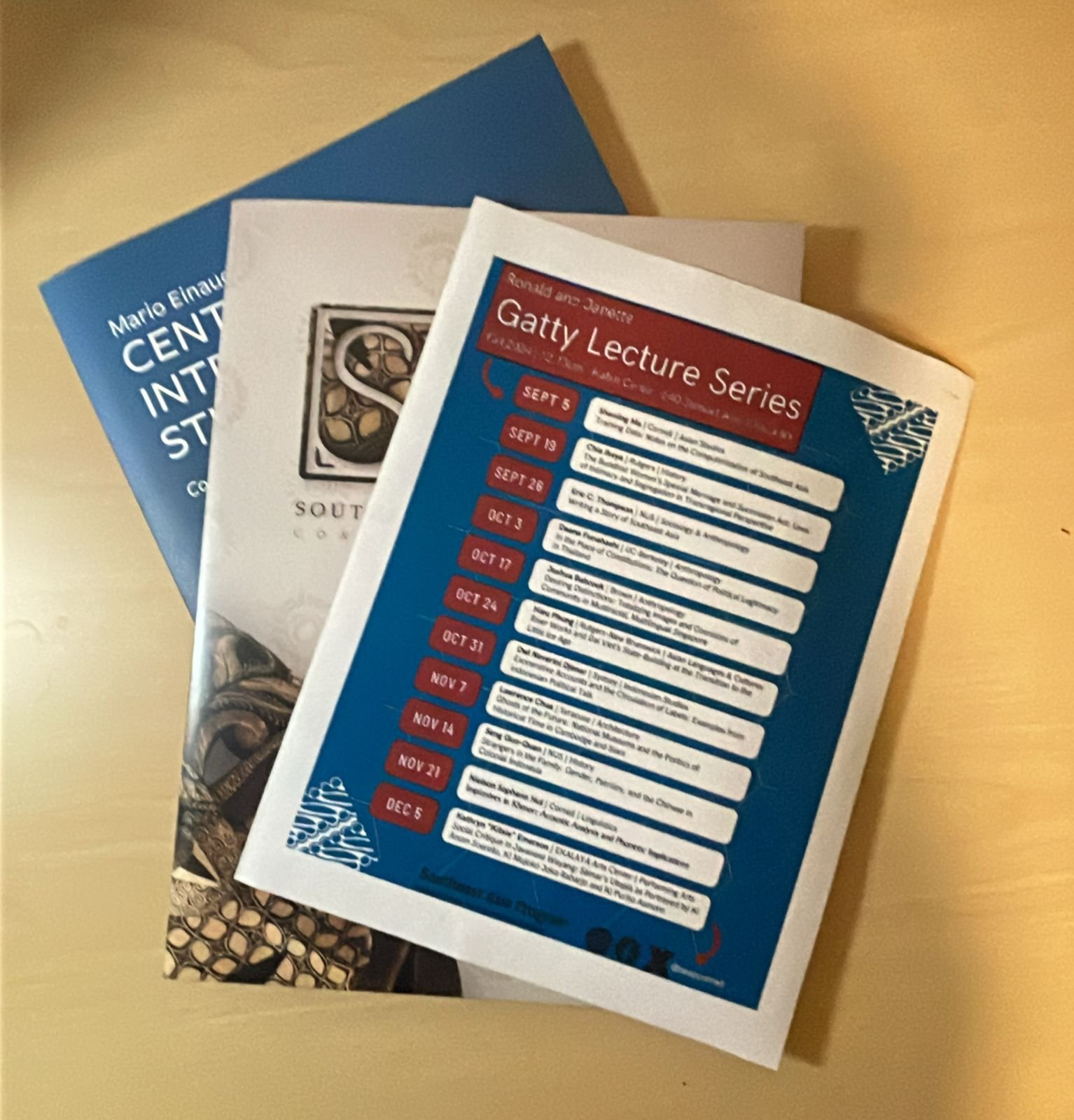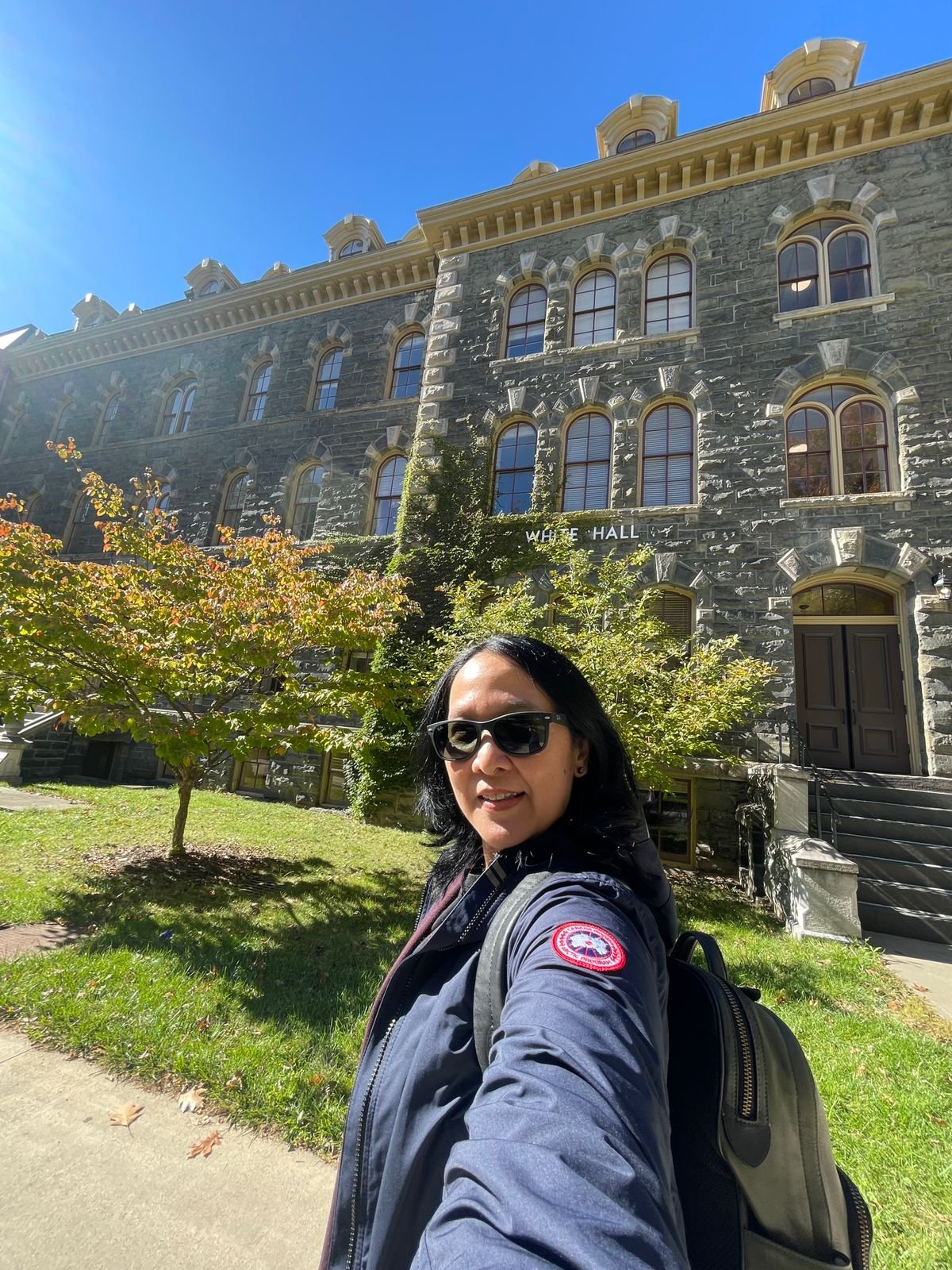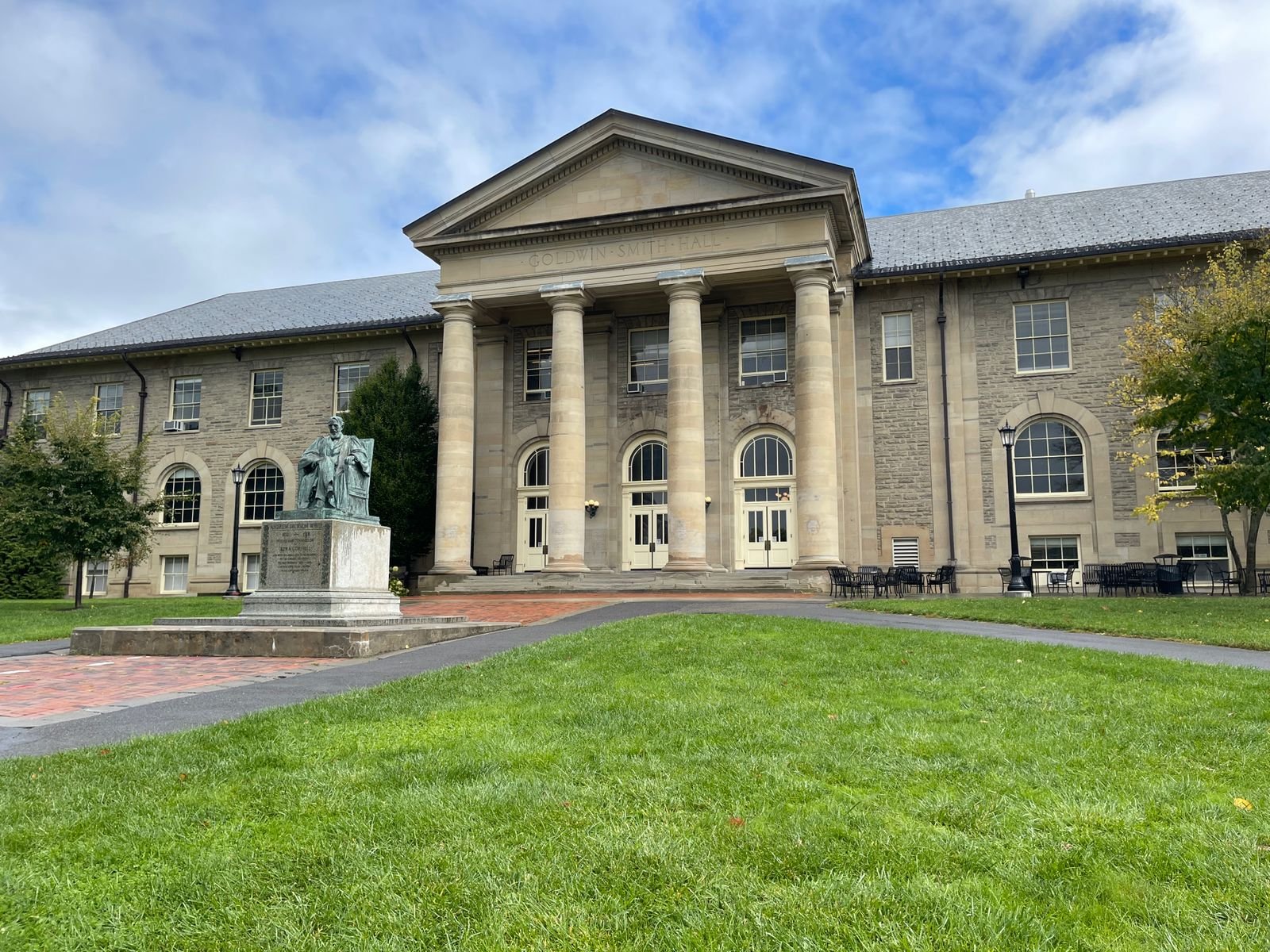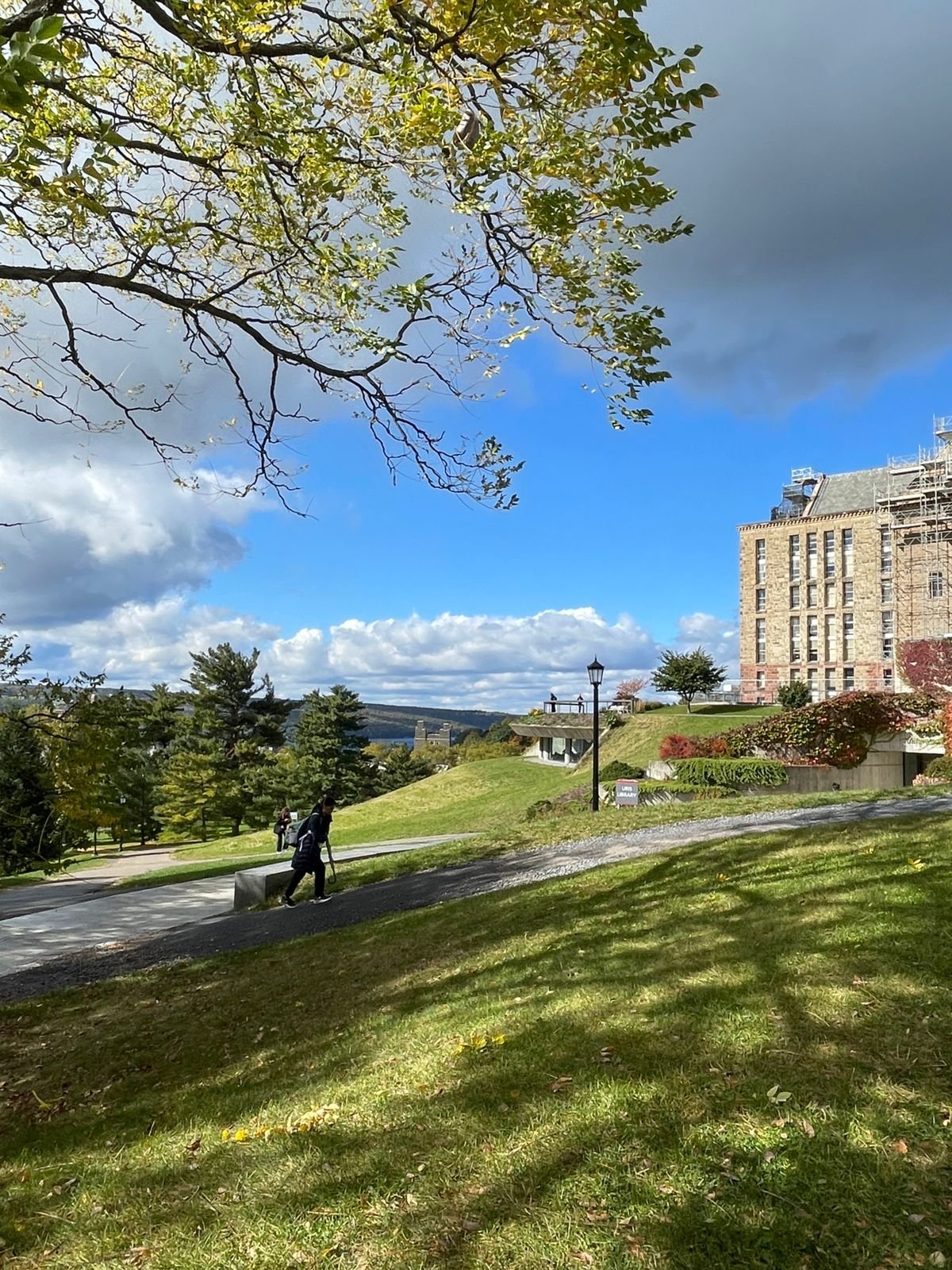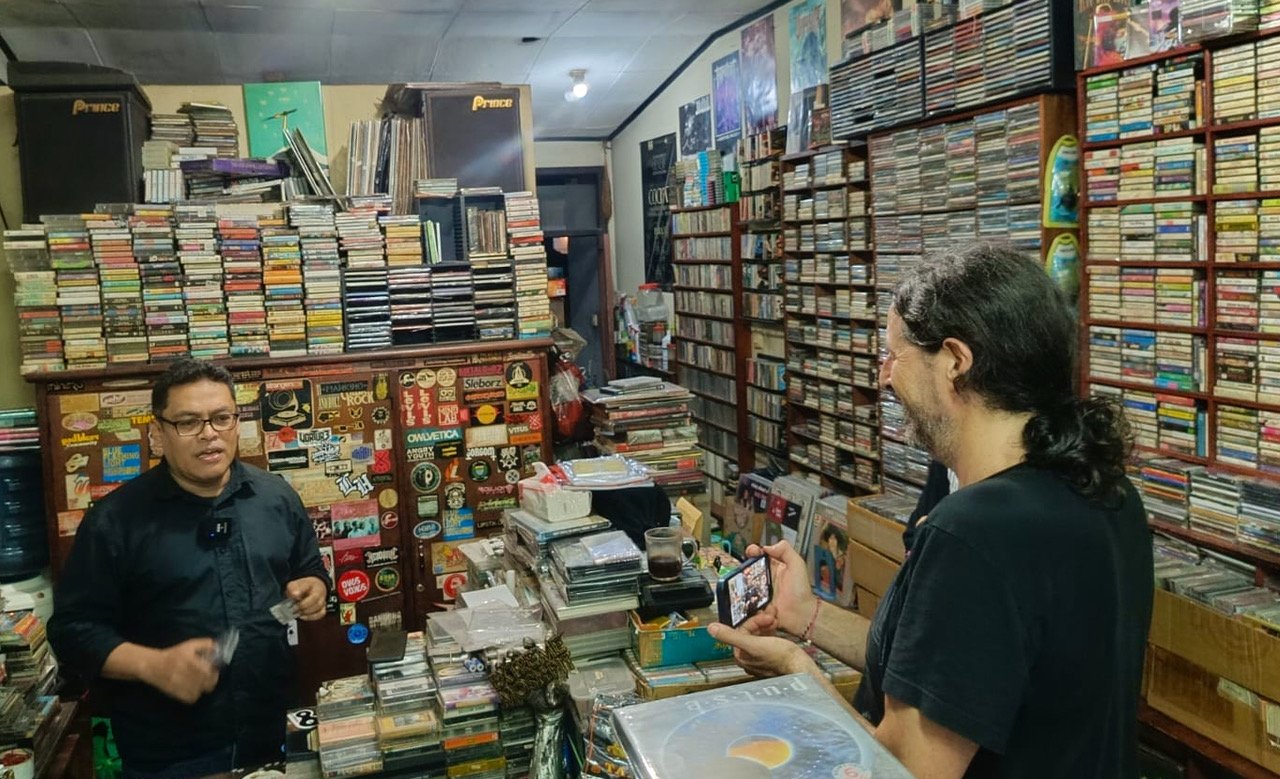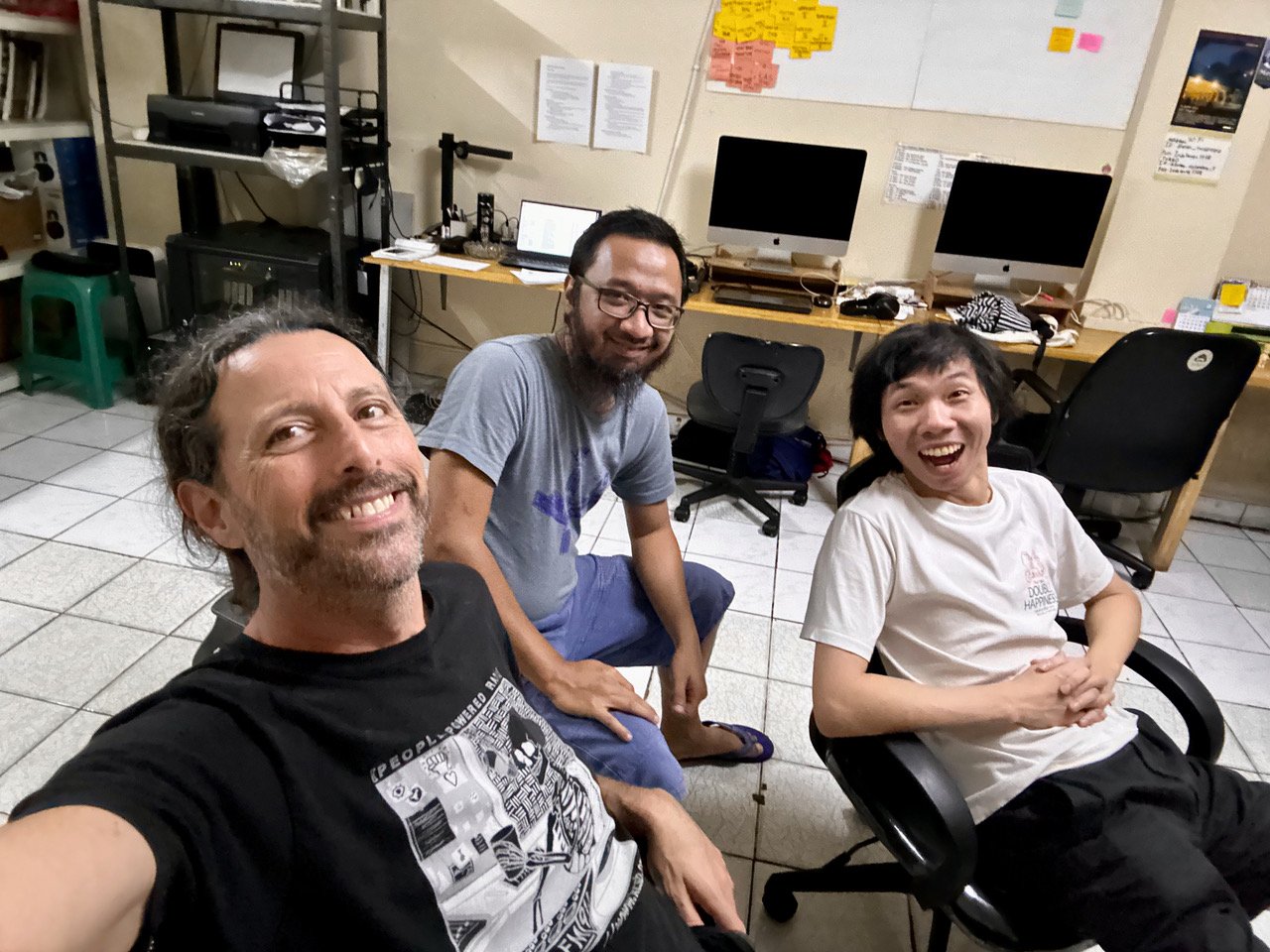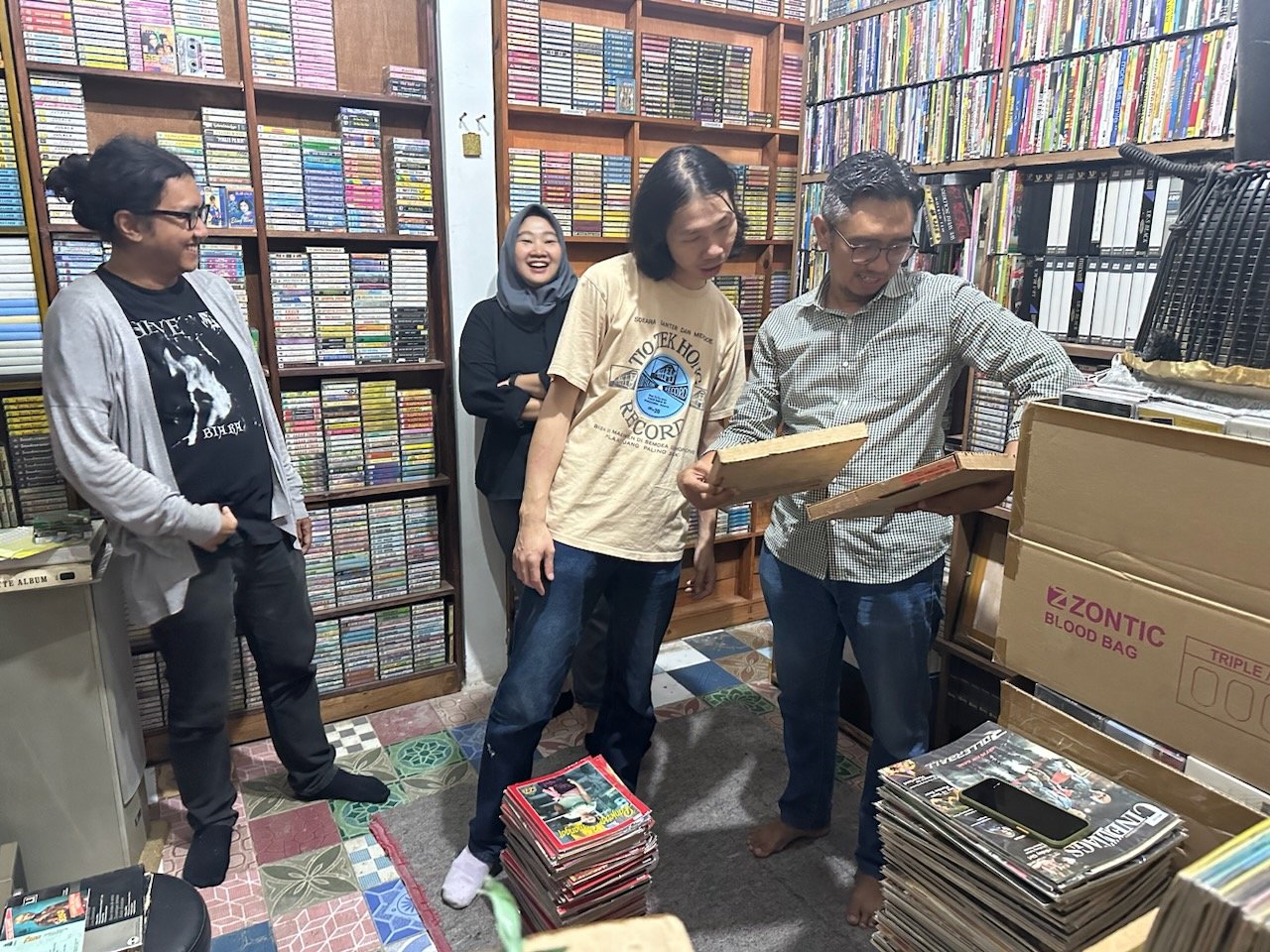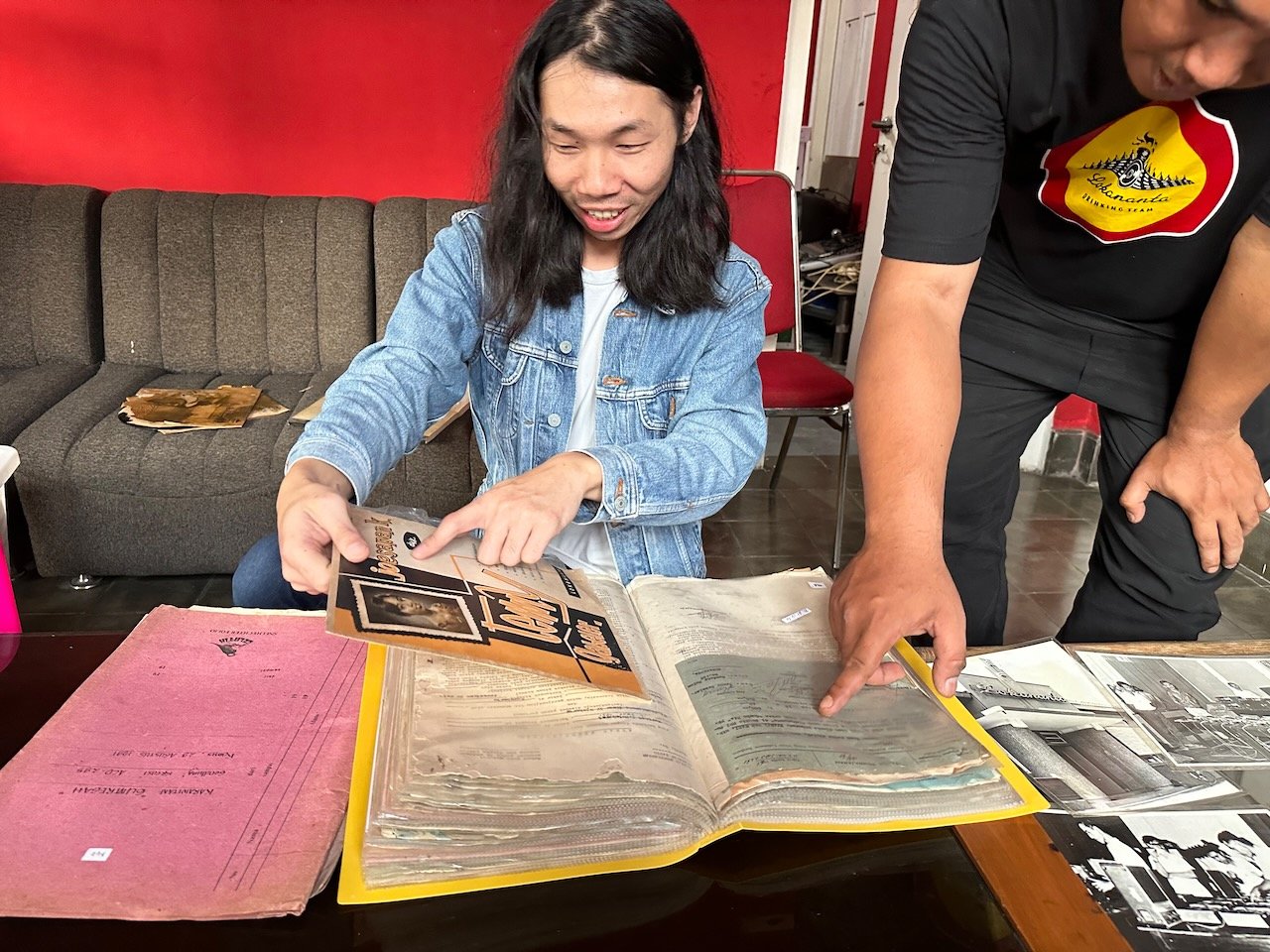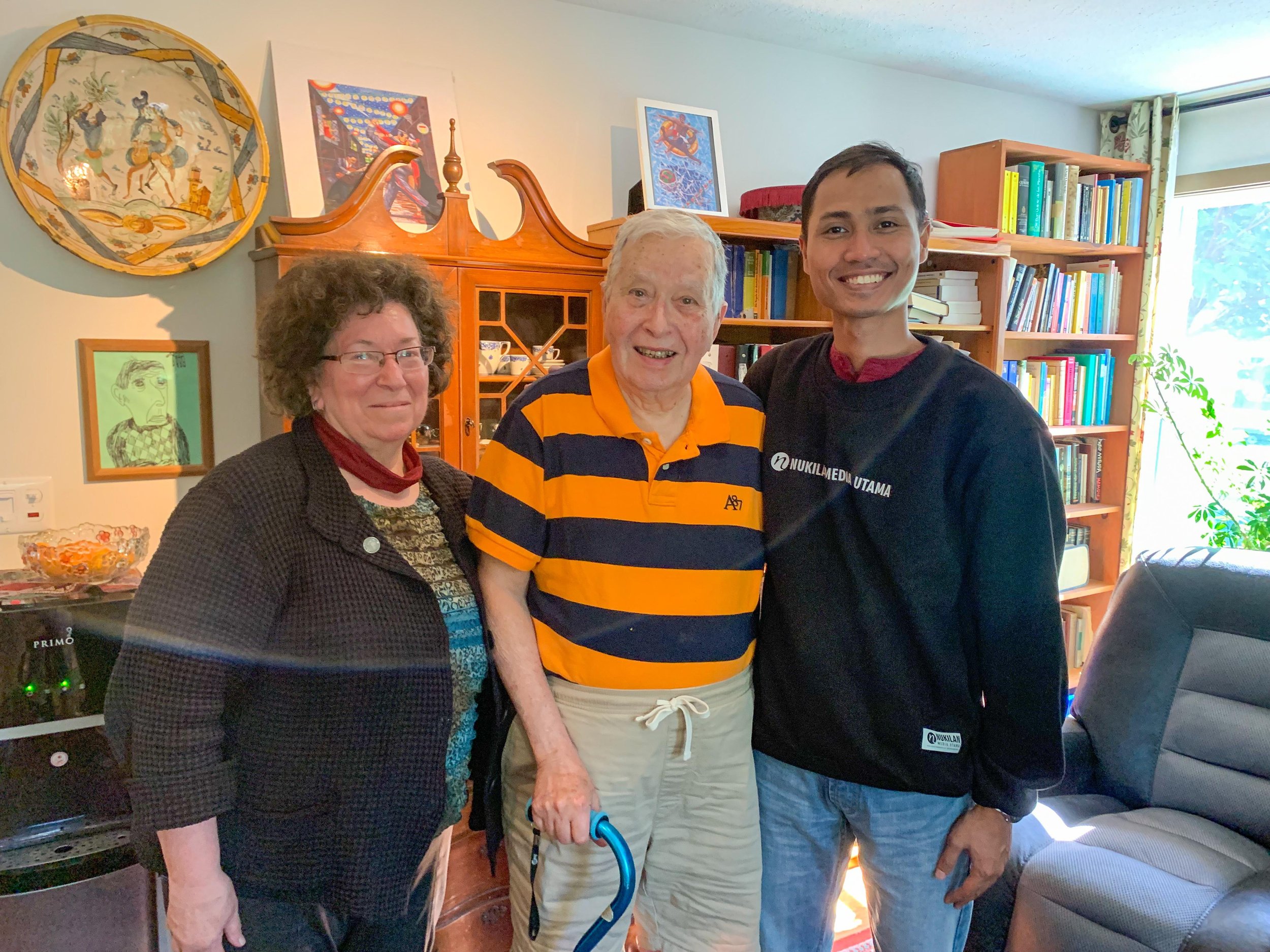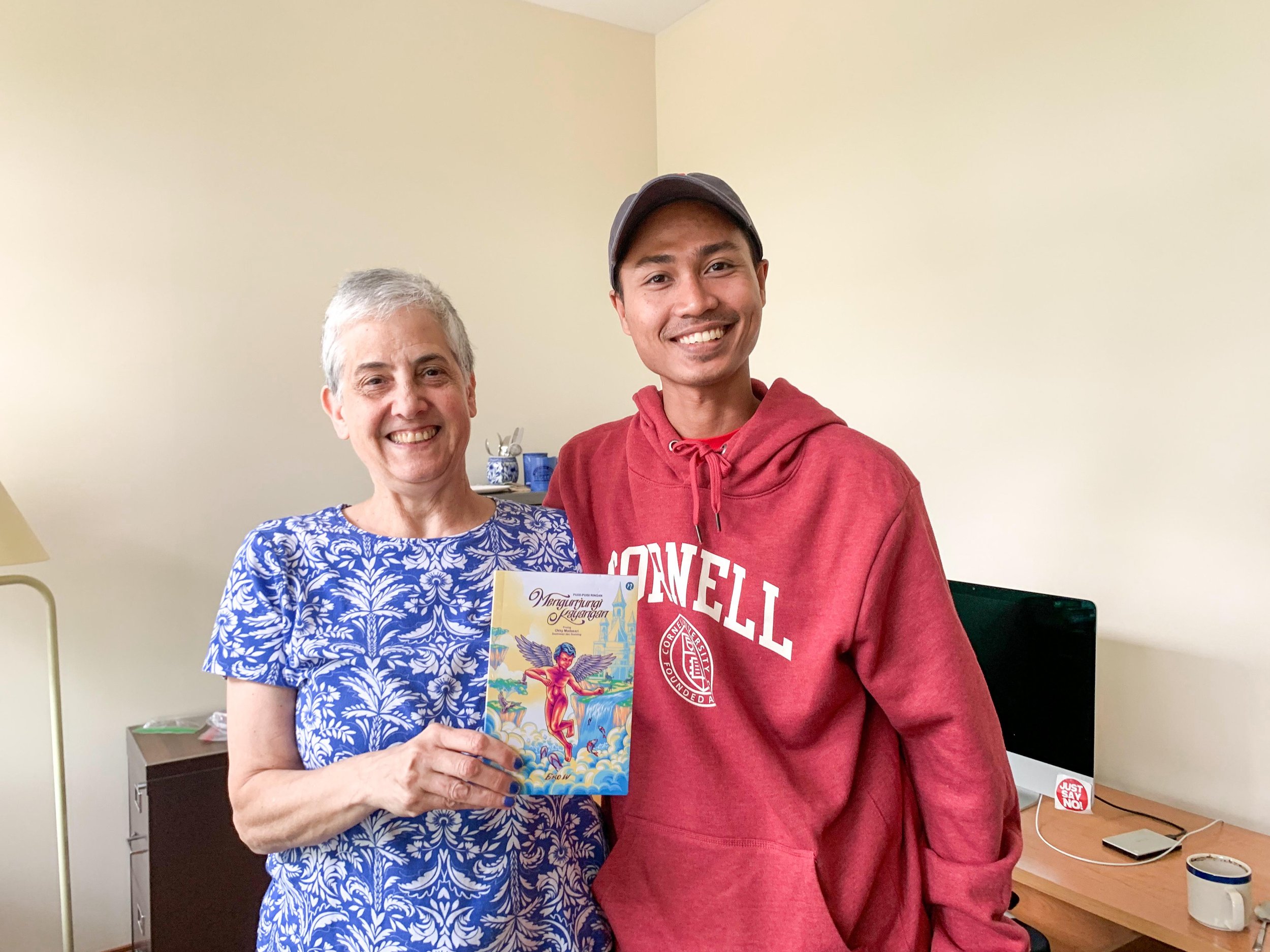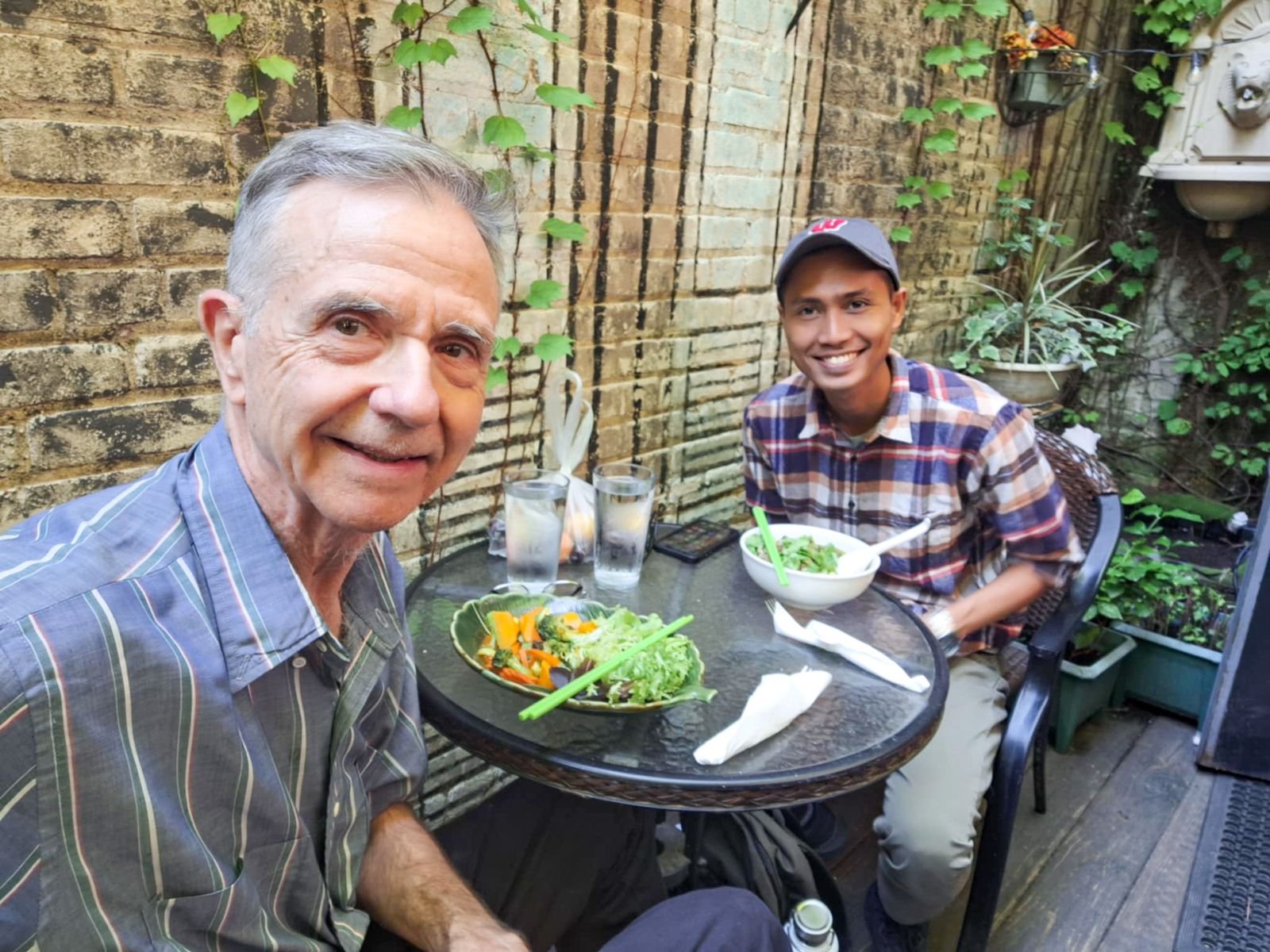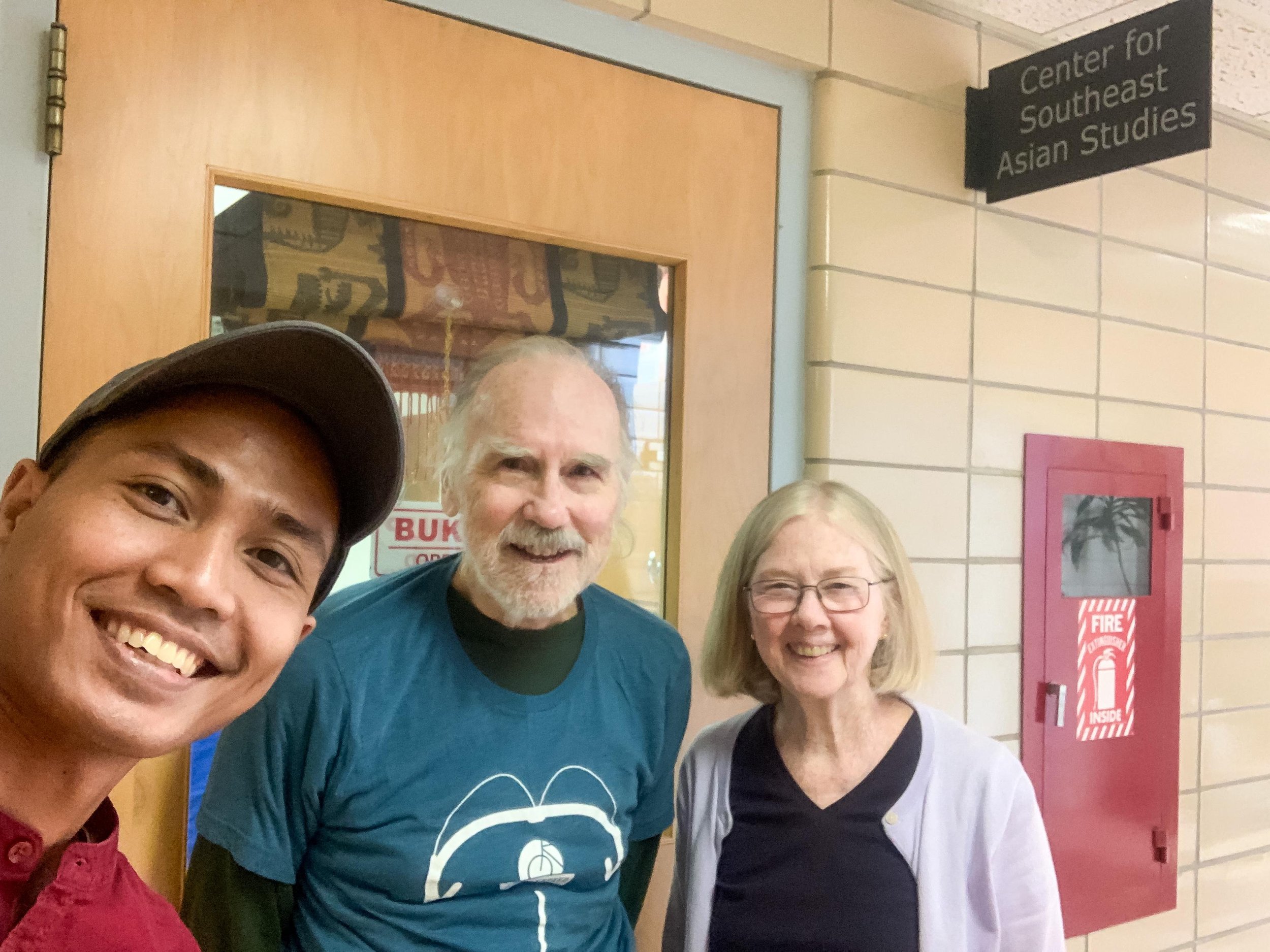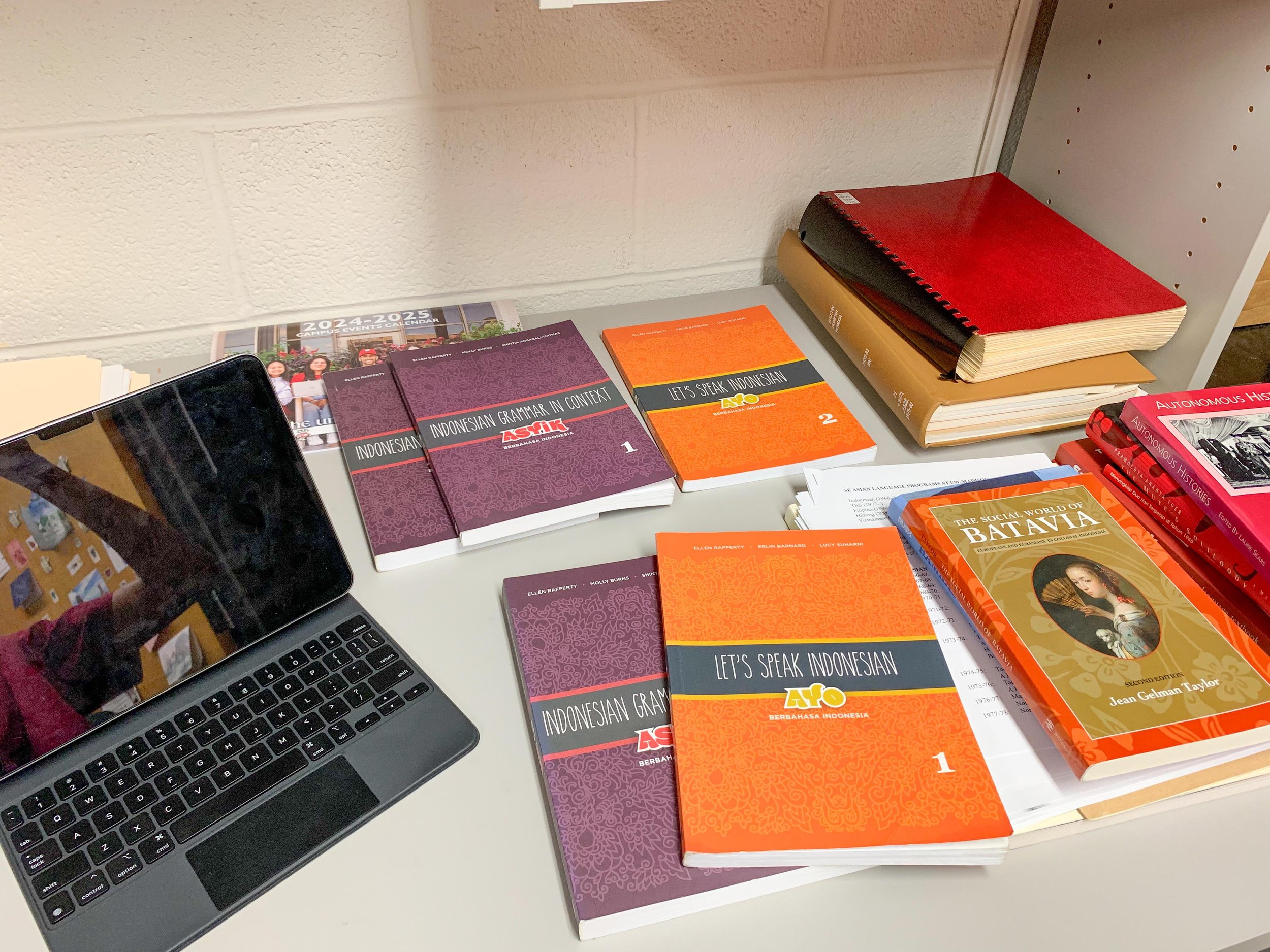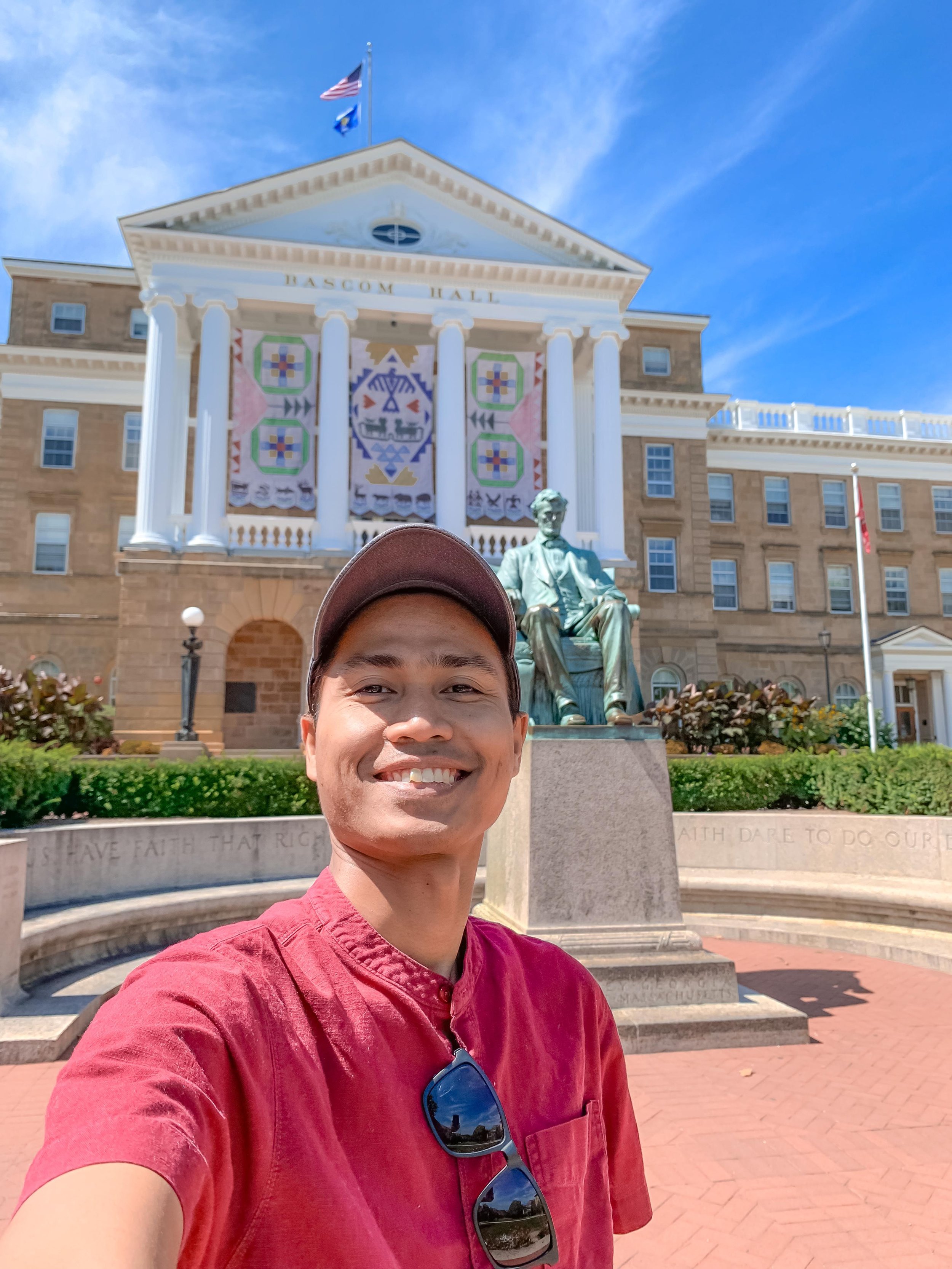“Through the AIFIS-Luce funded programs, I successfully achieved all my research objectives, significantly advancing our understanding of conservation strategies in Indonesia. This work not only highlights the importance of integrating formal and informal approaches but also paves the way for more inclusive and effective policy- making. Additionally, the support and resources provided have laid a strong foundation for my ongoing academic pursuits and future contributions to the field.”-Emban Mas’ud
Meet Emban Mas’ud, an AIFIS-Luce research fellows who traveled to the US November-December 2024 to advance research on navigating formal and informal politics in community forestry. During a transformative fellowship funded by AIFIS-Luce, the researcher pursued a project examining the intersection of political dynamics and sustainable forest management, with a focus on Indonesia. The fellowship provided a unique platform to explore conservation strategies, combining formal and informal approaches to empower local communities and foster culturally relevant initiatives.
The journey began with a research visit to the University of Hawaii at Manoa, where the researcher utilized the Hamilton Library's resources, and met with Micah Fisher (AIFIS Board Member, Assistant Professor | Matsunaga Institute for Peace and Conflict Resolution), participated in weekly writing sessions, and engaged in academic courses and seminars. Immersion in the student community at Hale Manoa deepened cultural understanding and encouraged civic engagement, including volunteer work in the East-West Center Garden.
Unexpectedly, the researcher expanded their horizons by visiting Tucson, Arizona, exploring conservation practices that emphasize water and ranch management, which guided by Professor (emeritus) Larry Fisher. Participating in activities such as fundraising for the Empire Ranch Foundation and observing decision-making at the Altar Valley Conservation Alliance provided practical insights into community-driven conservation efforts.
These experiences culminated in significant scholarly contributions, including an article on the integration of formal and informal politics in forest development projects and a PhD proposal submitted to the University of Hawaii at Manoa. The fellowship dismantled barriers to studying abroad, opening doors to future academic opportunities and collaborations.
Congratulations Emban, on a successful research trip to the US! AIFIS is honored to support the scholarly advancement of Indonesian scholars like Emban Mas’ud, and in turn to advance interdisciplinary scholarship about Indonesia by Indonesian scholars in the United States.
